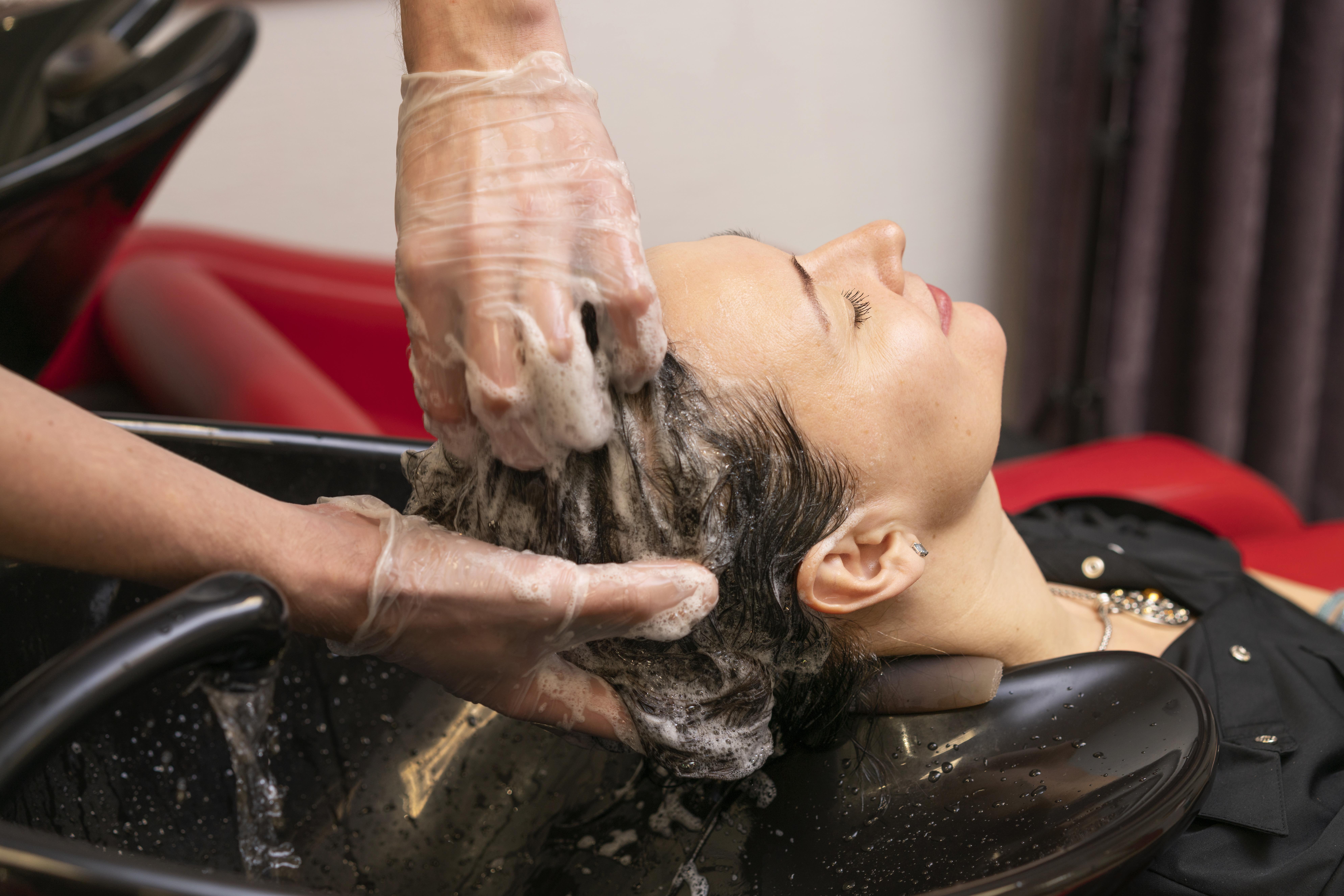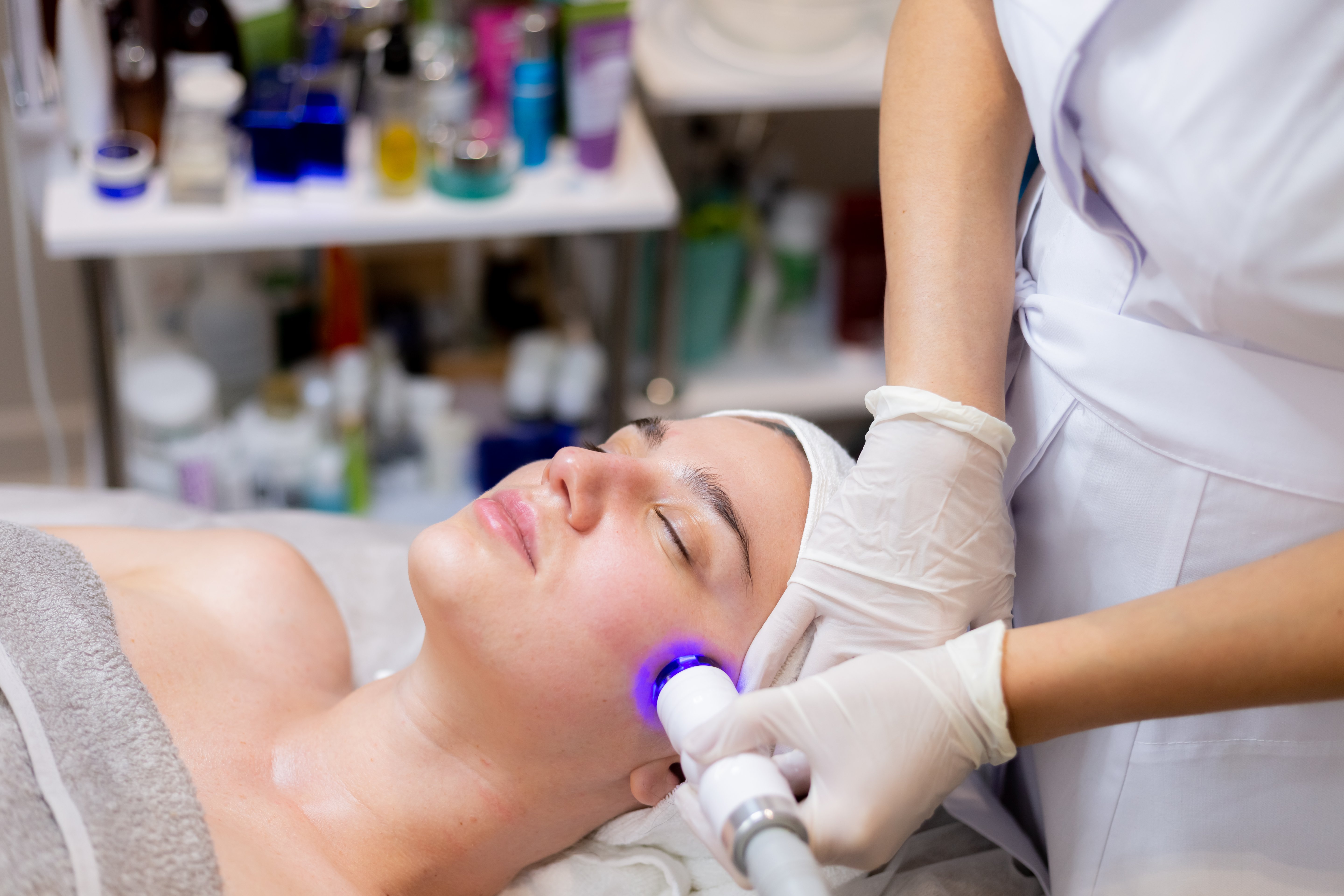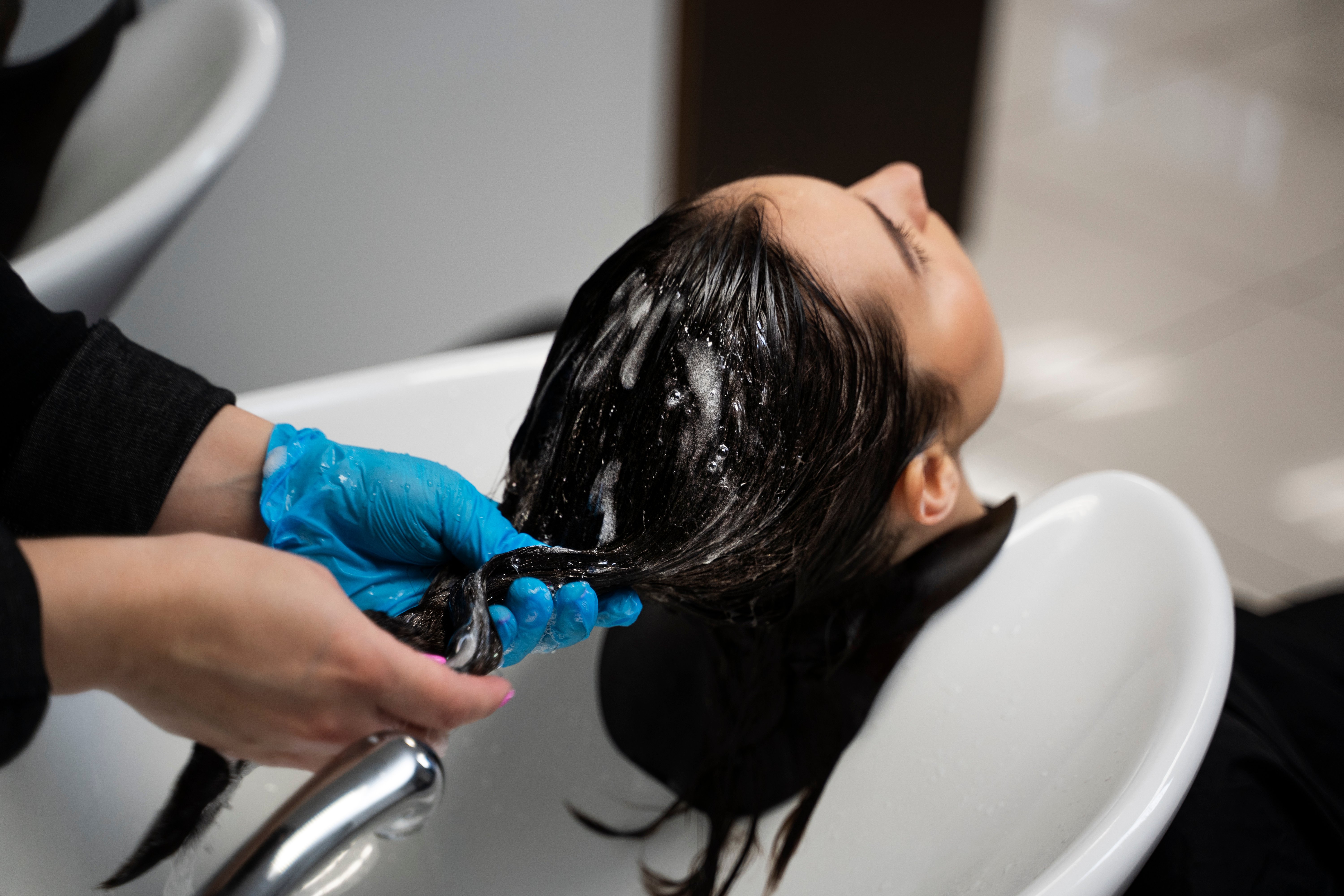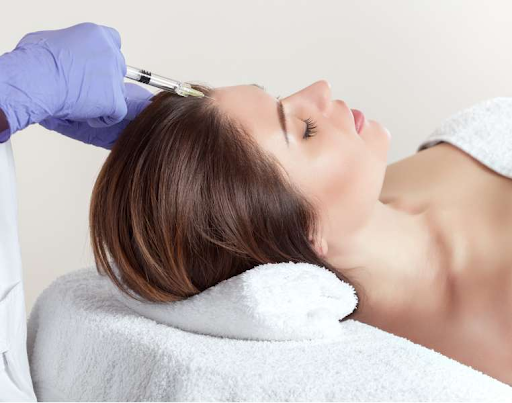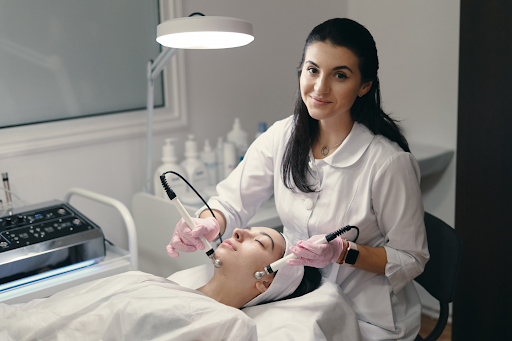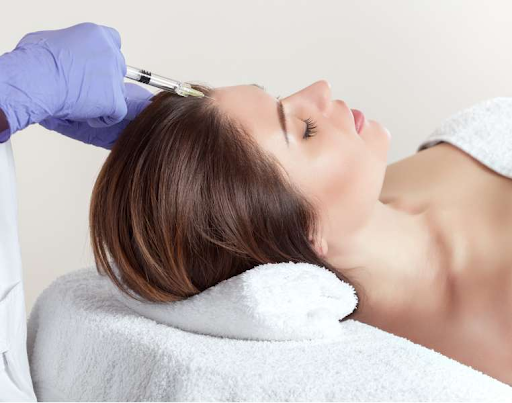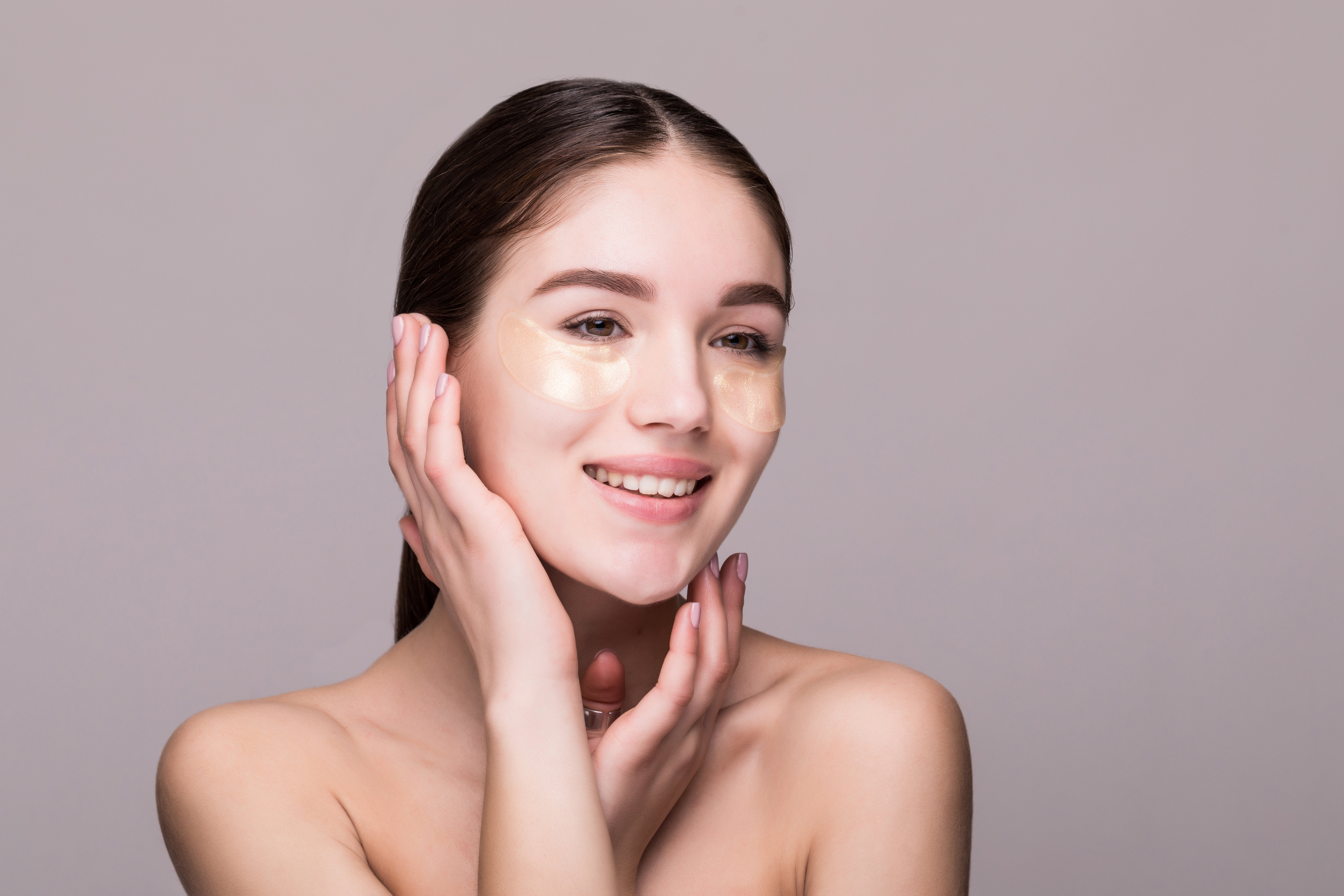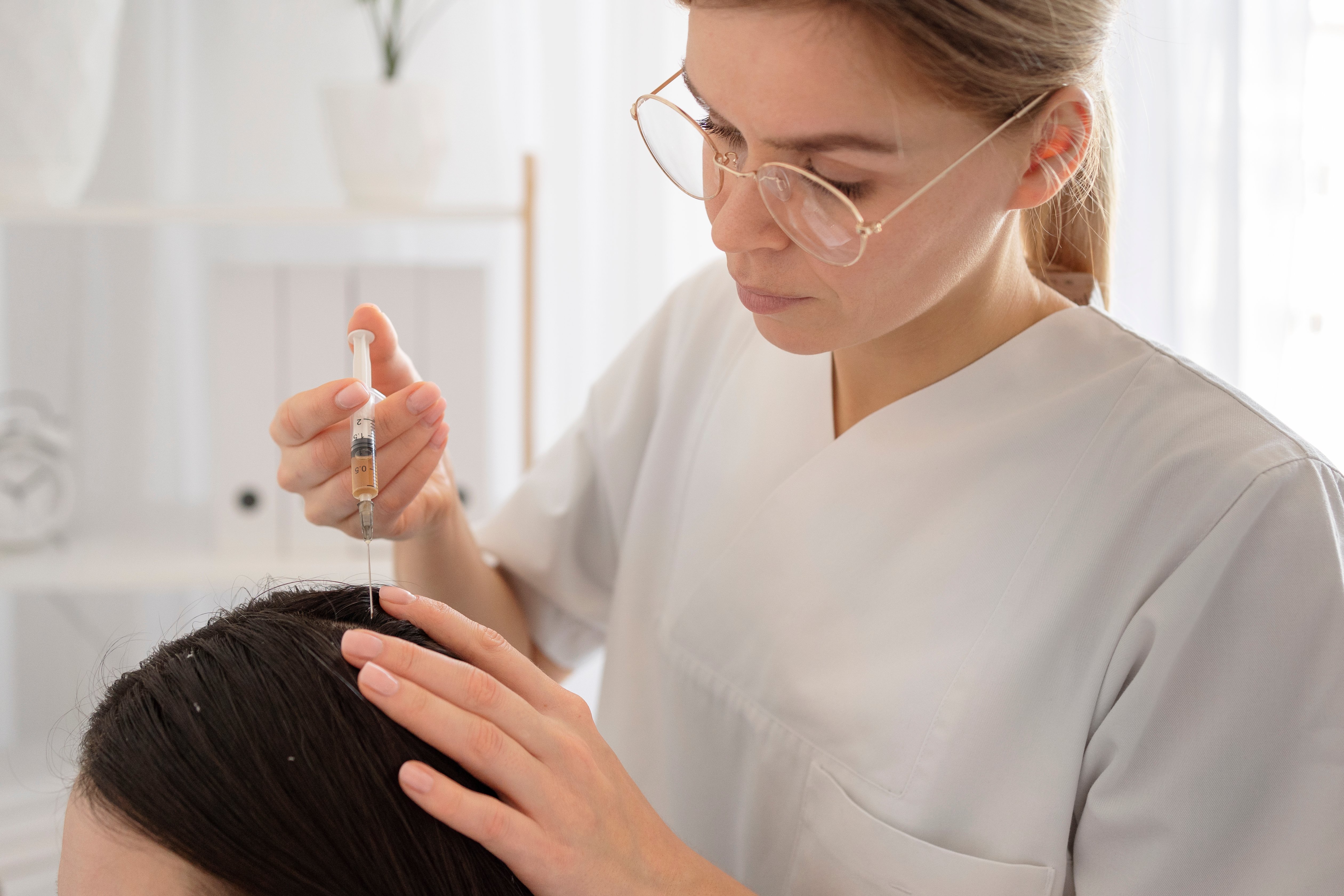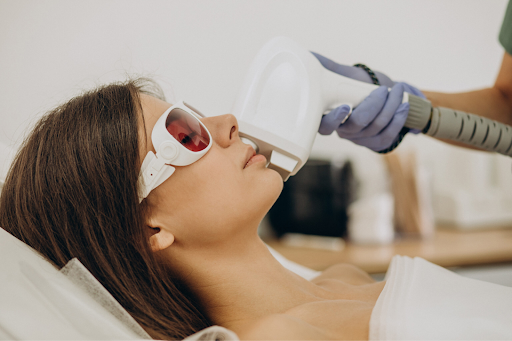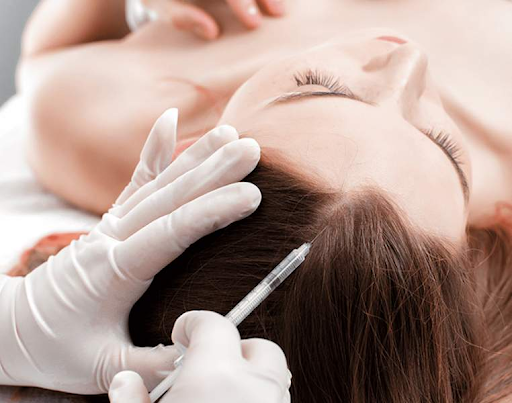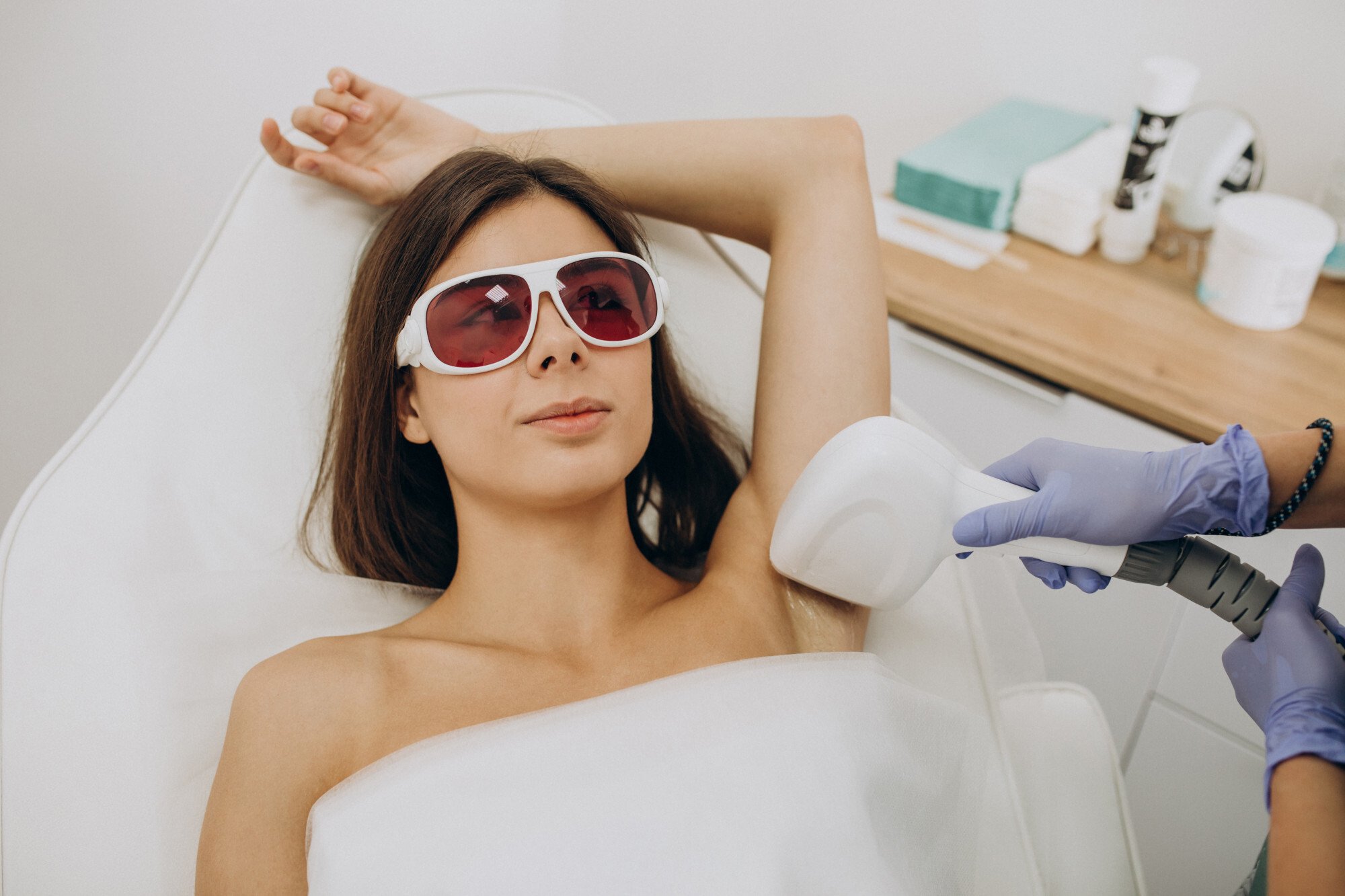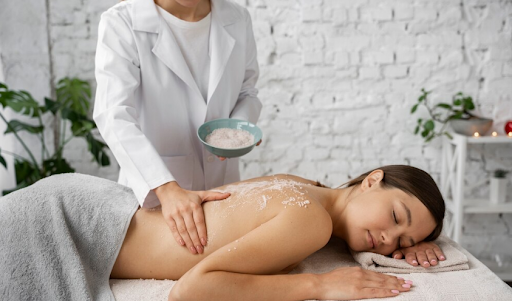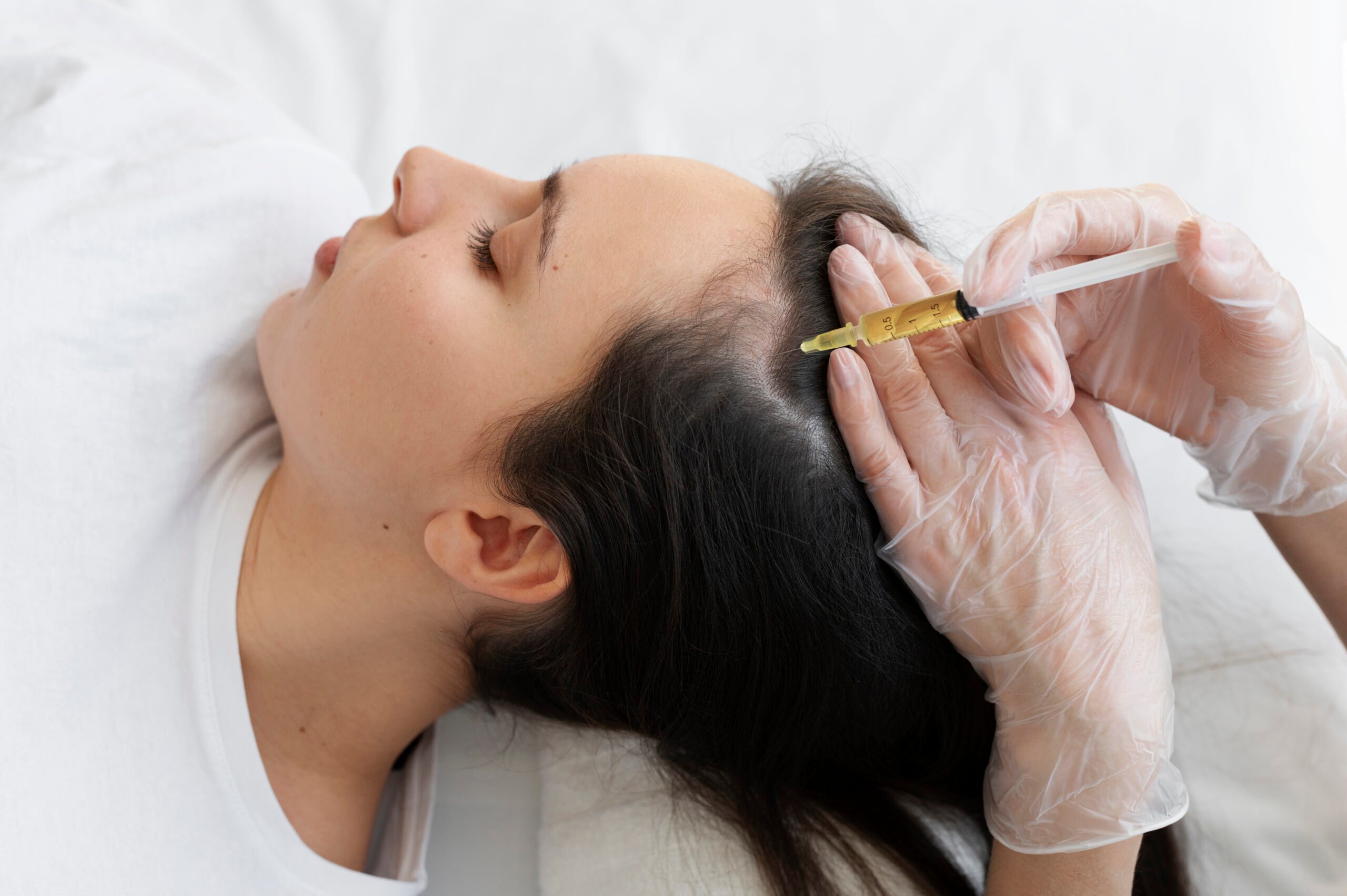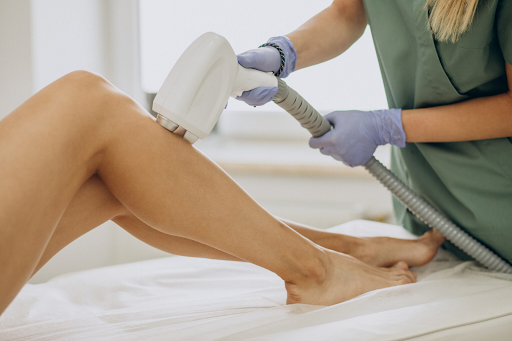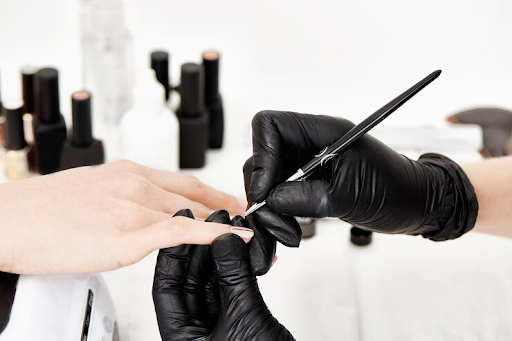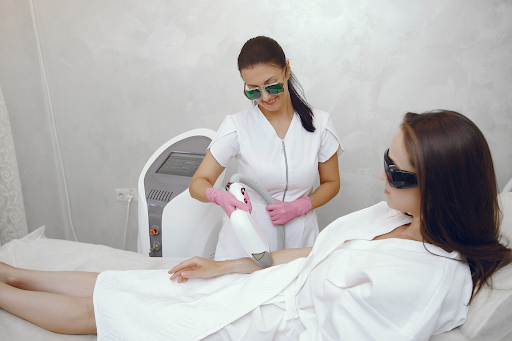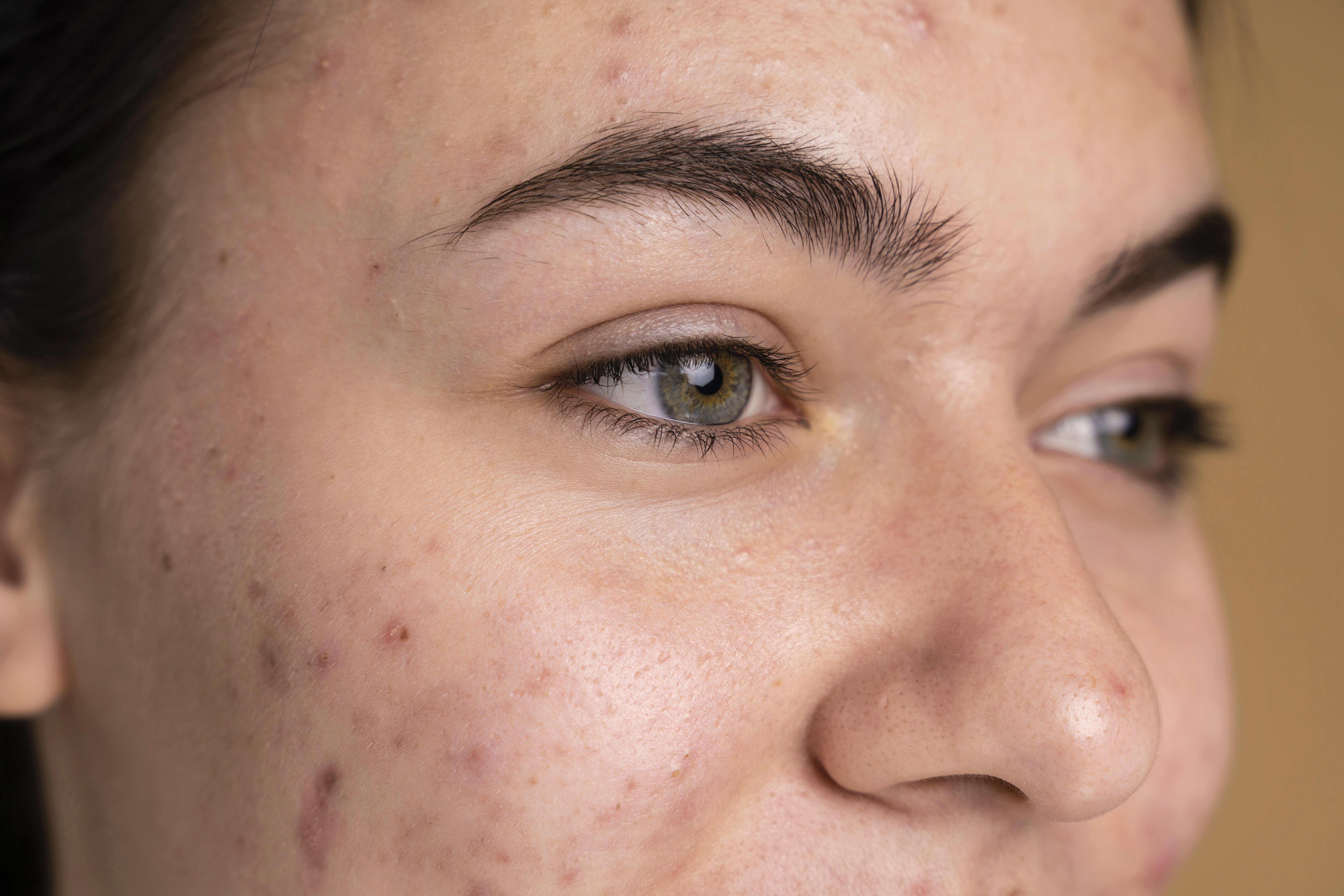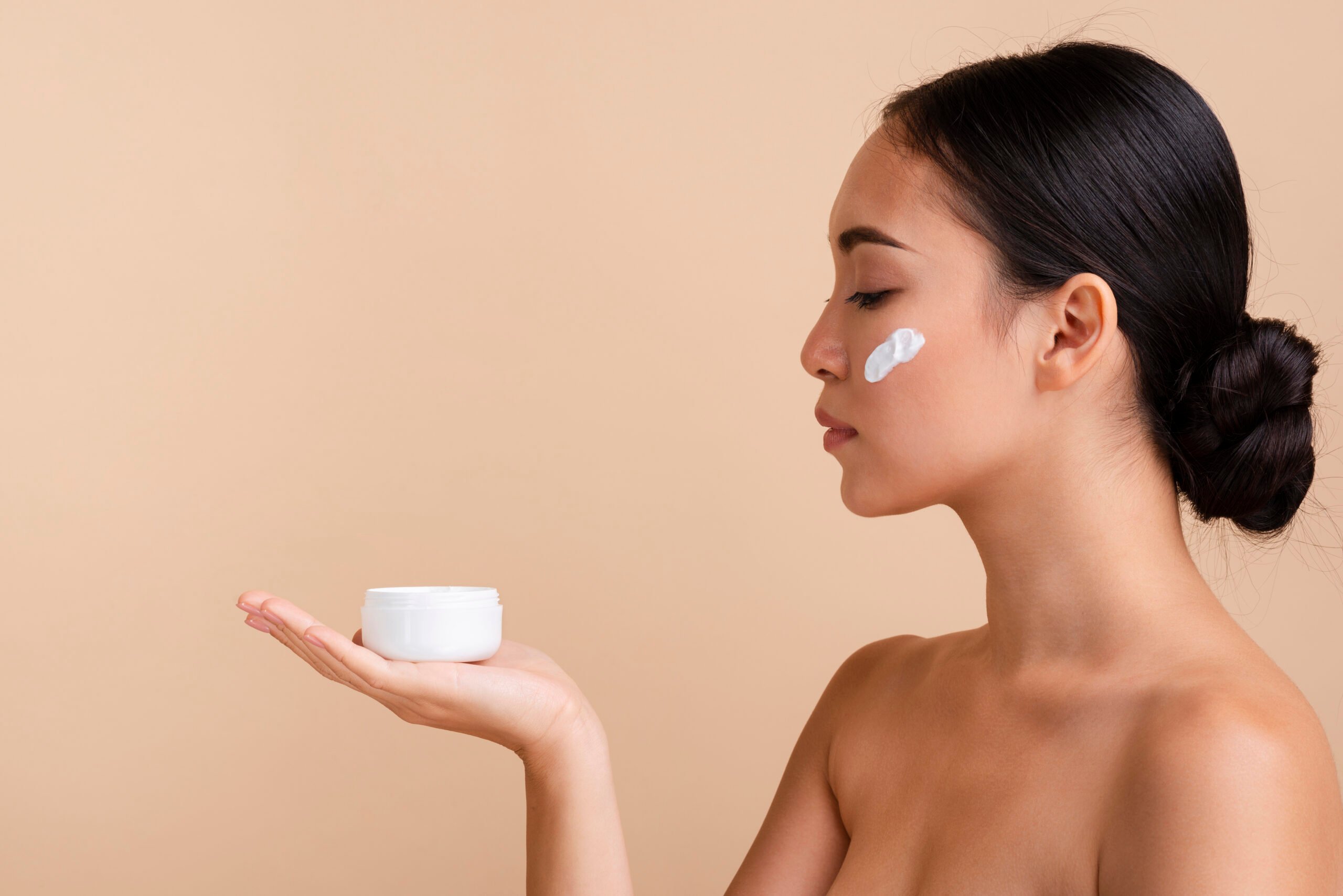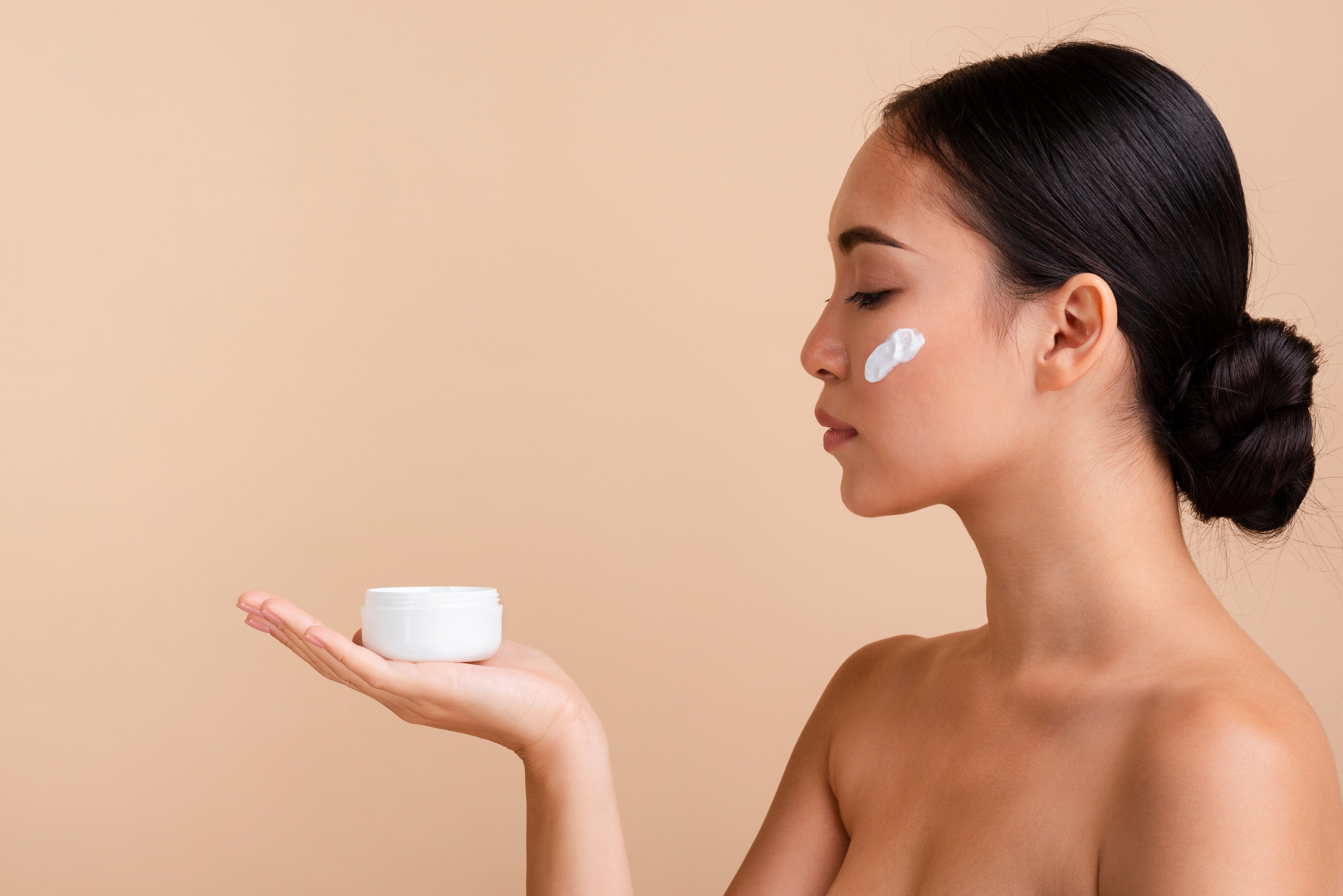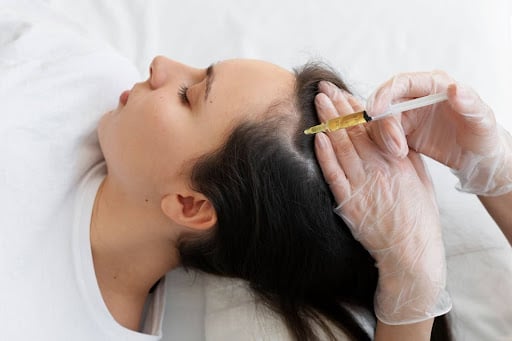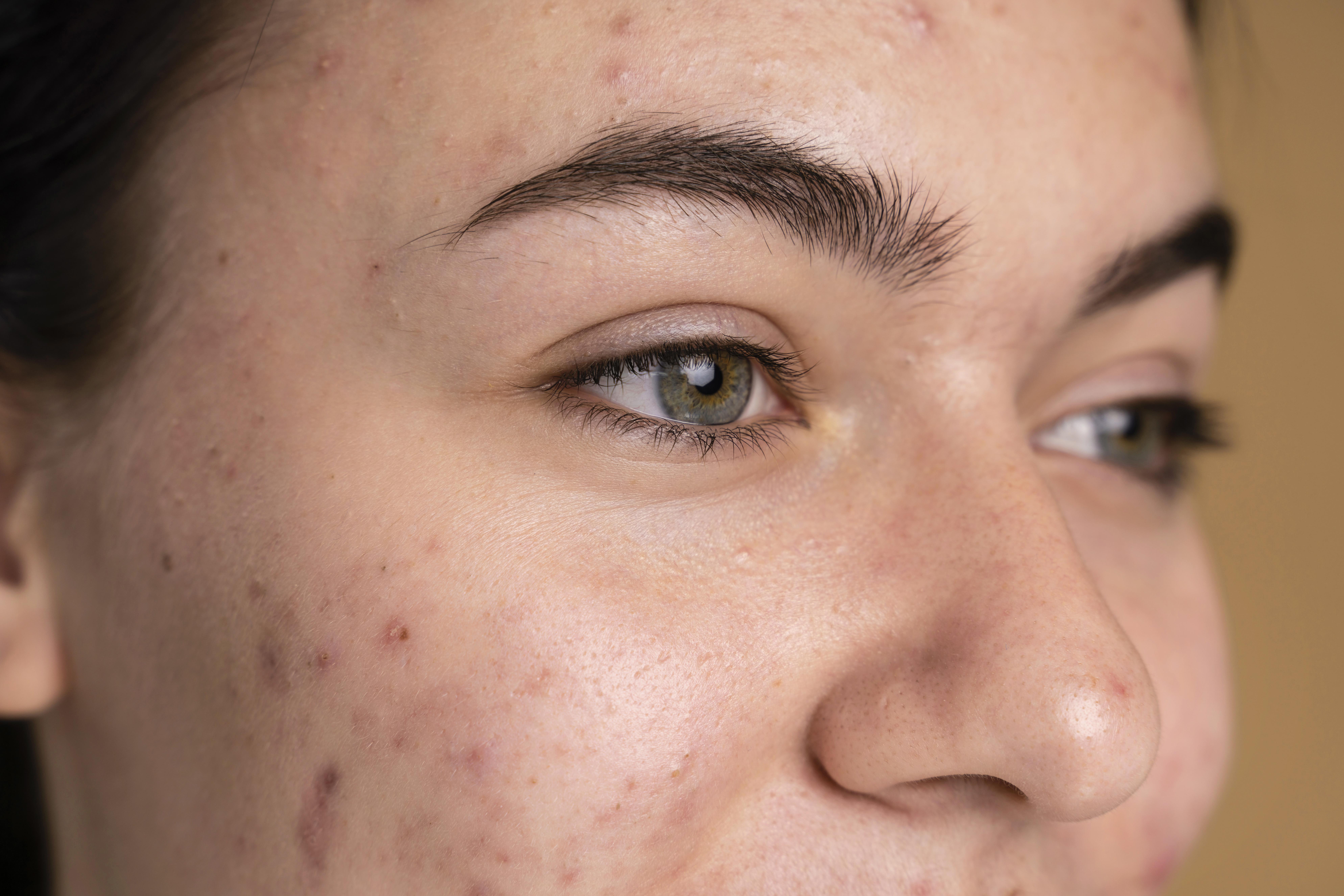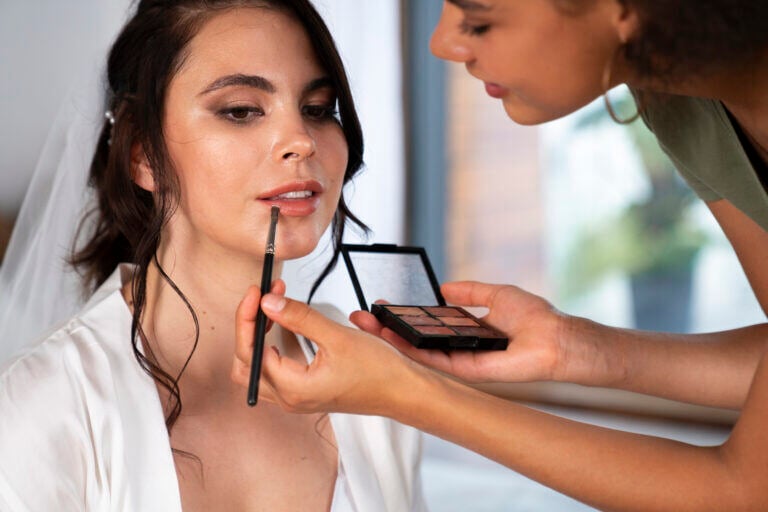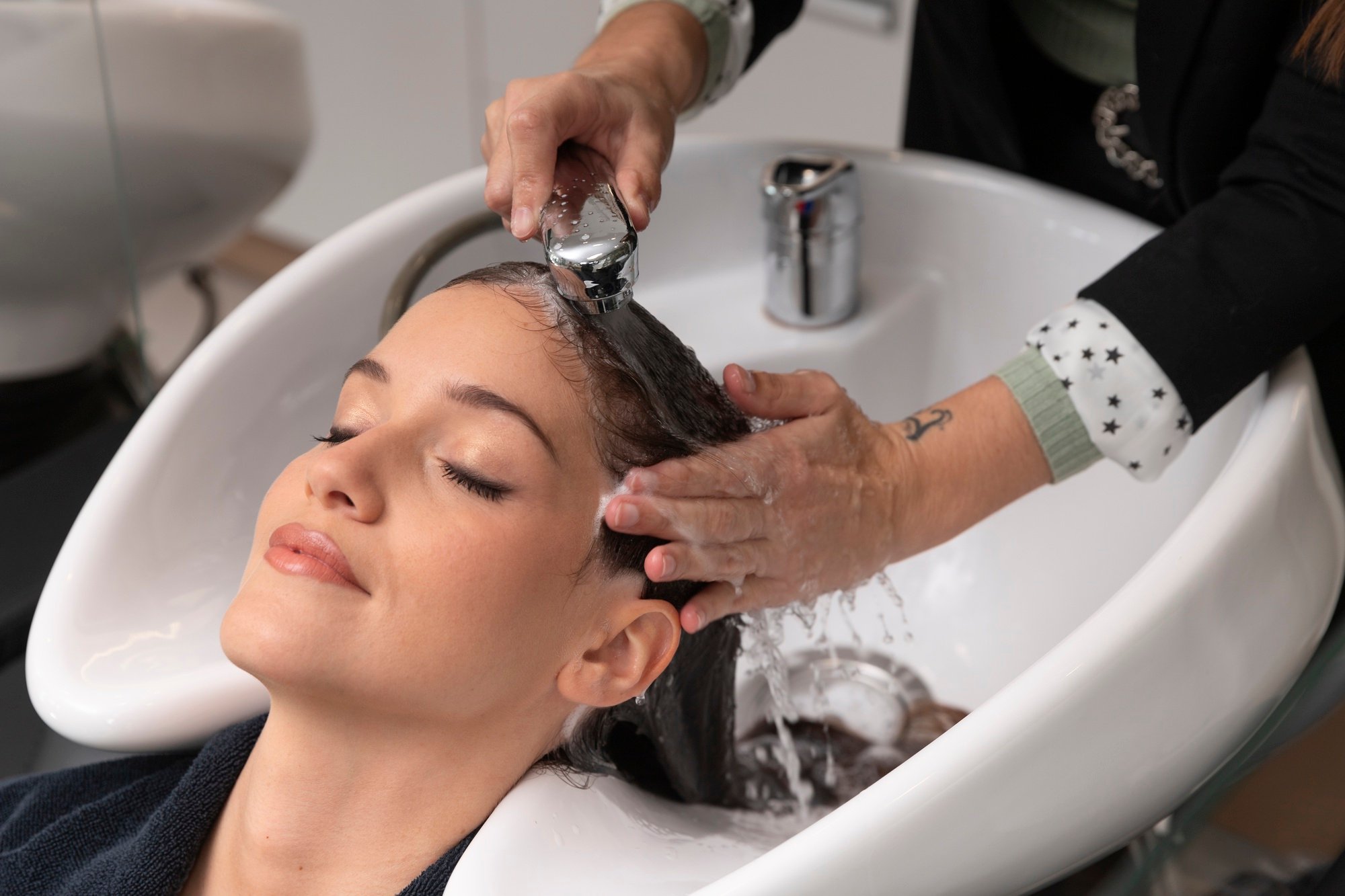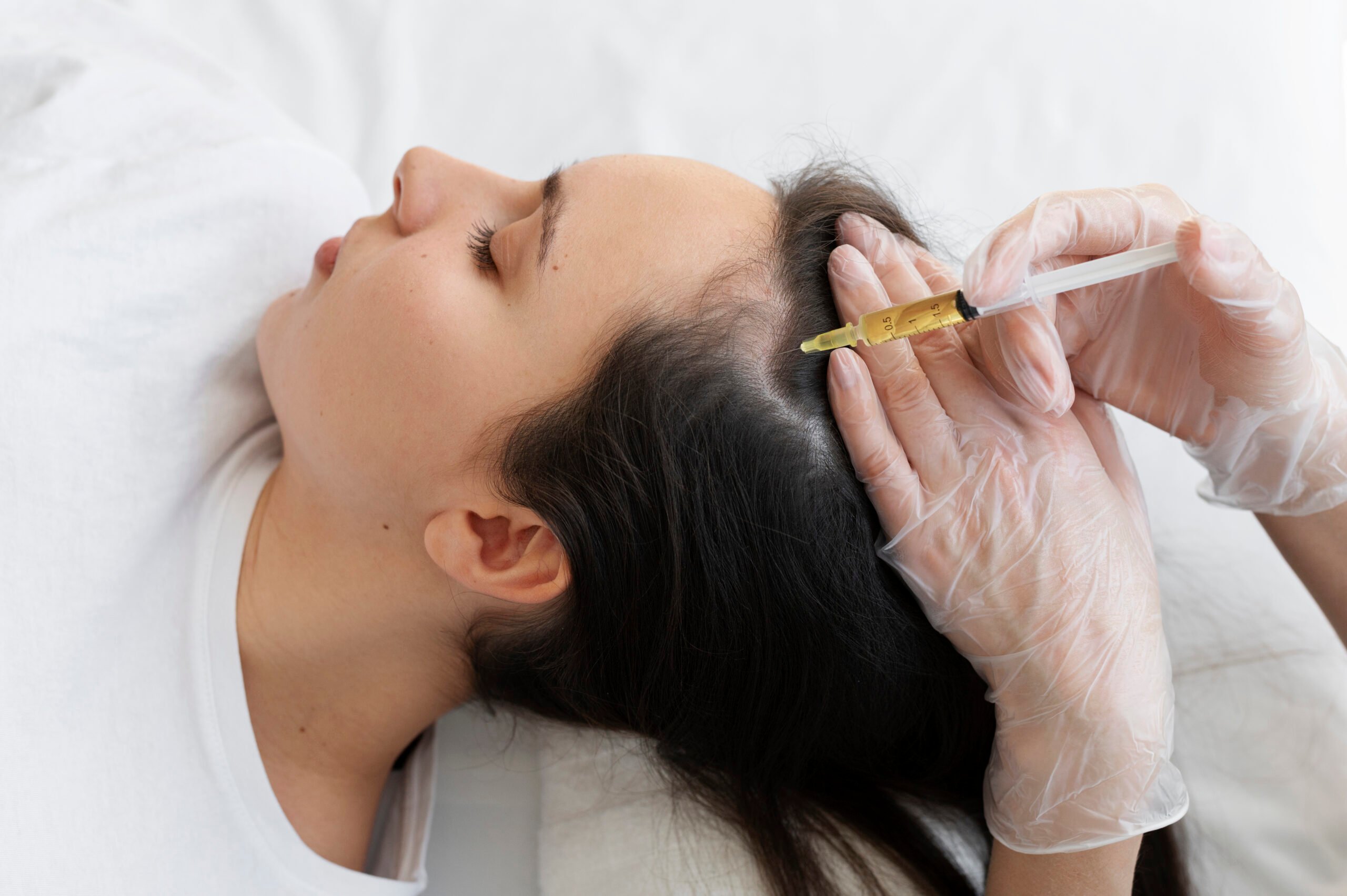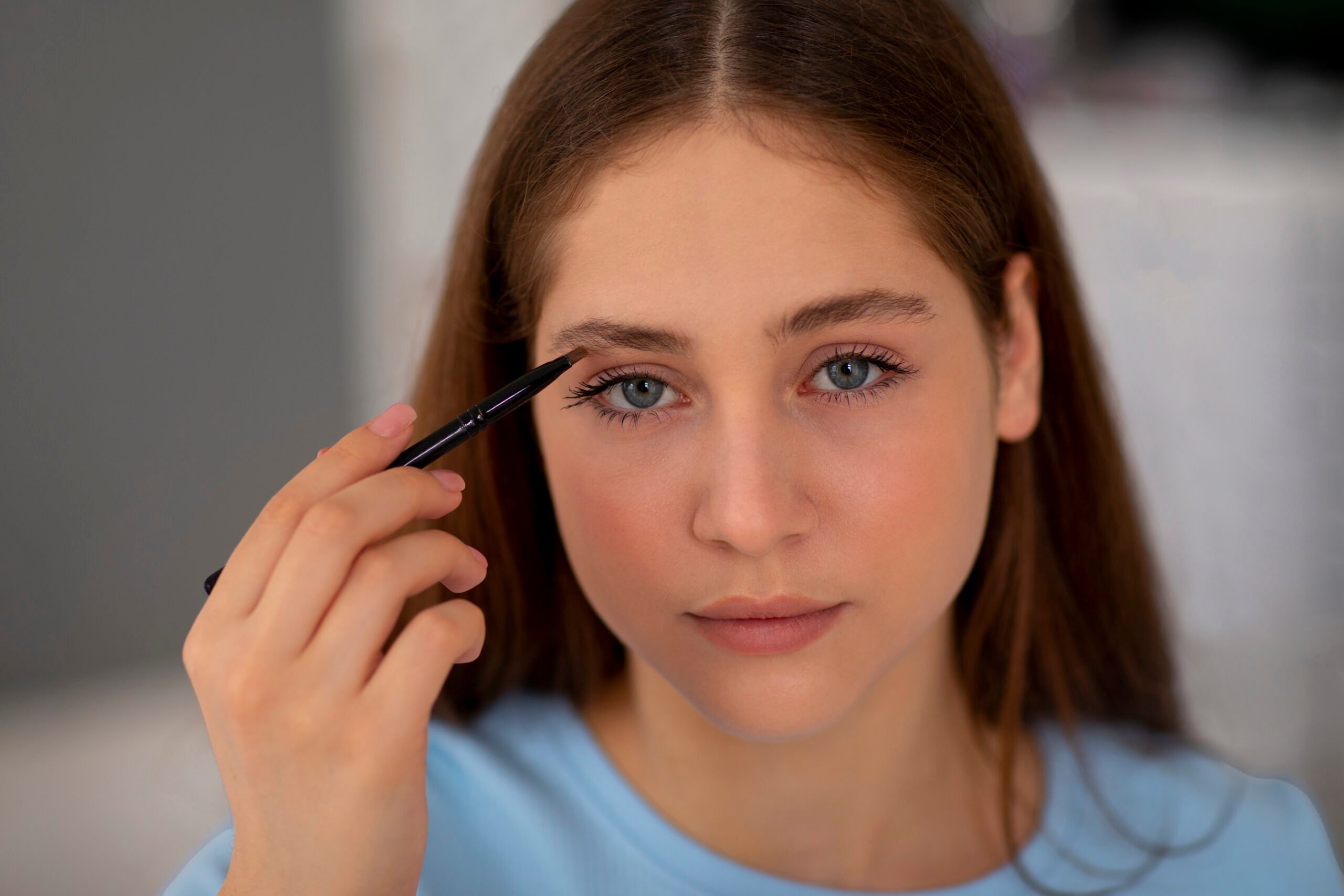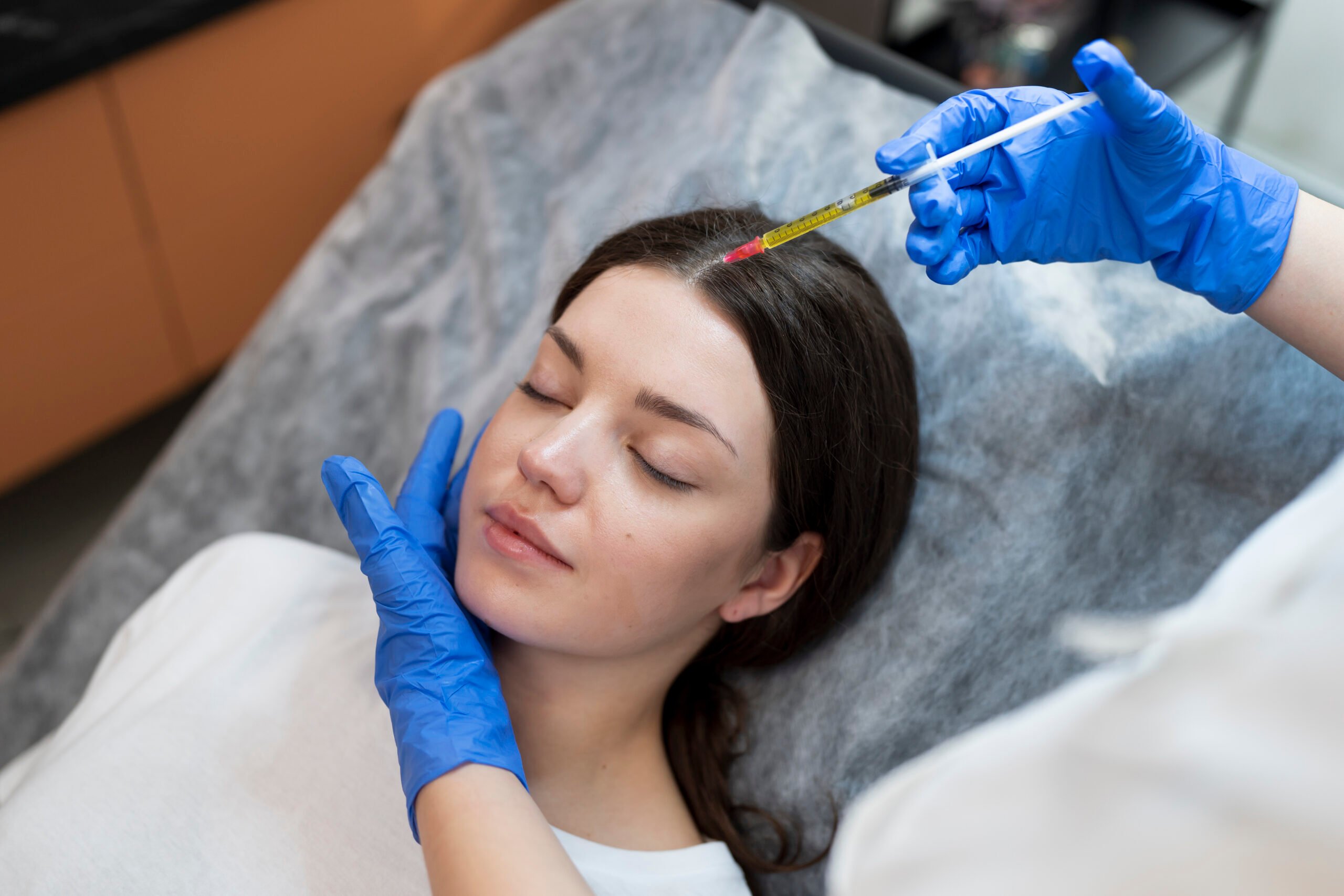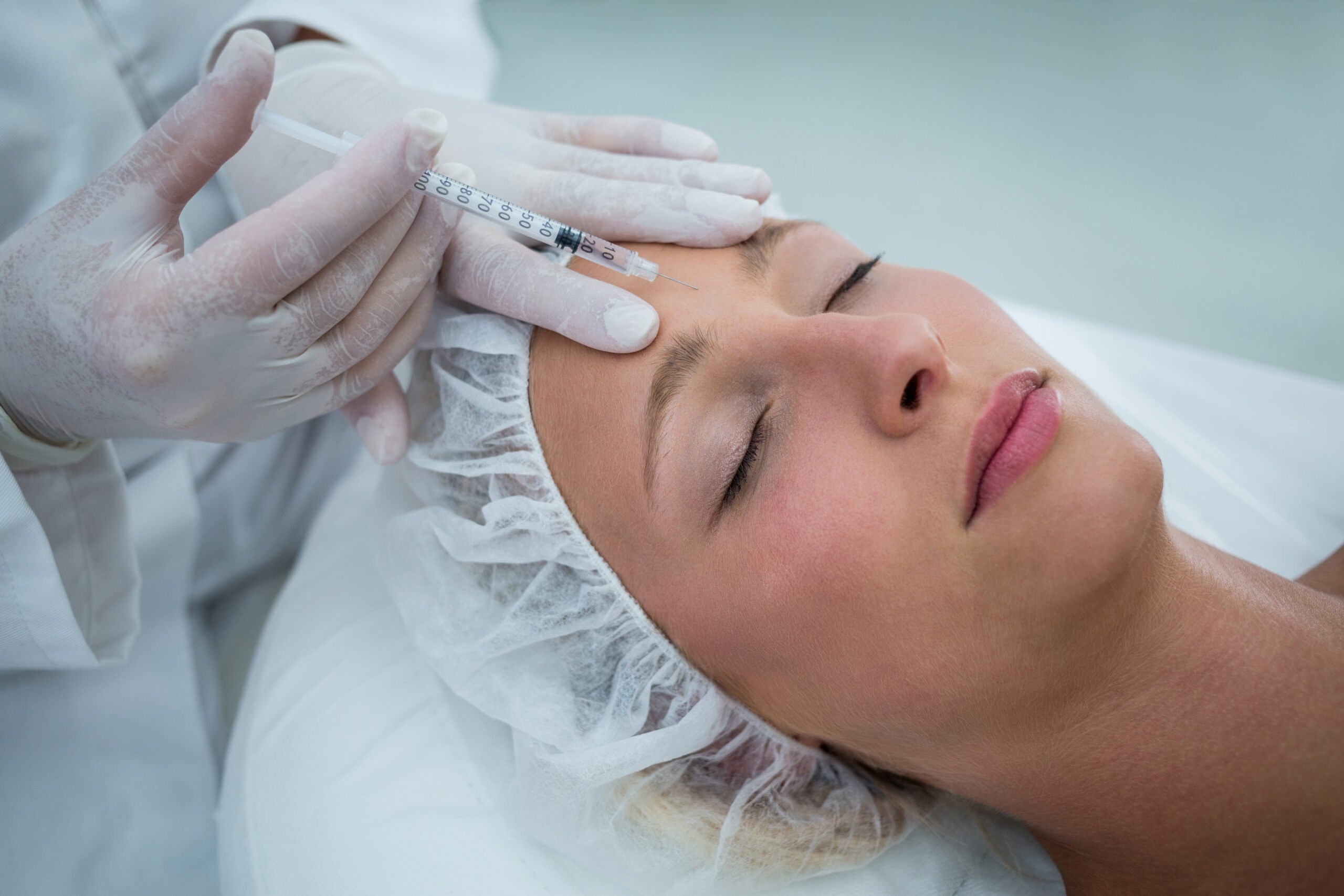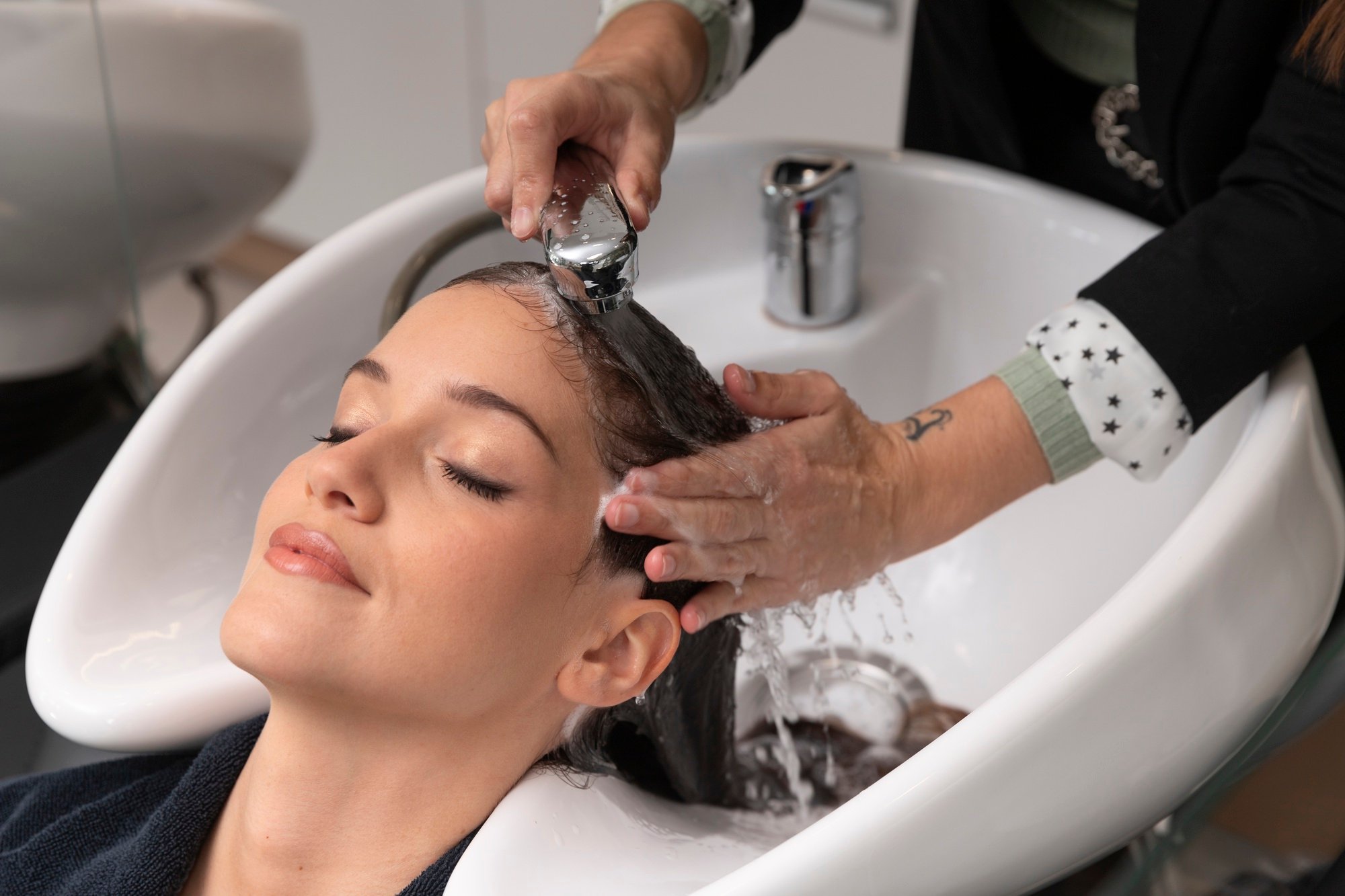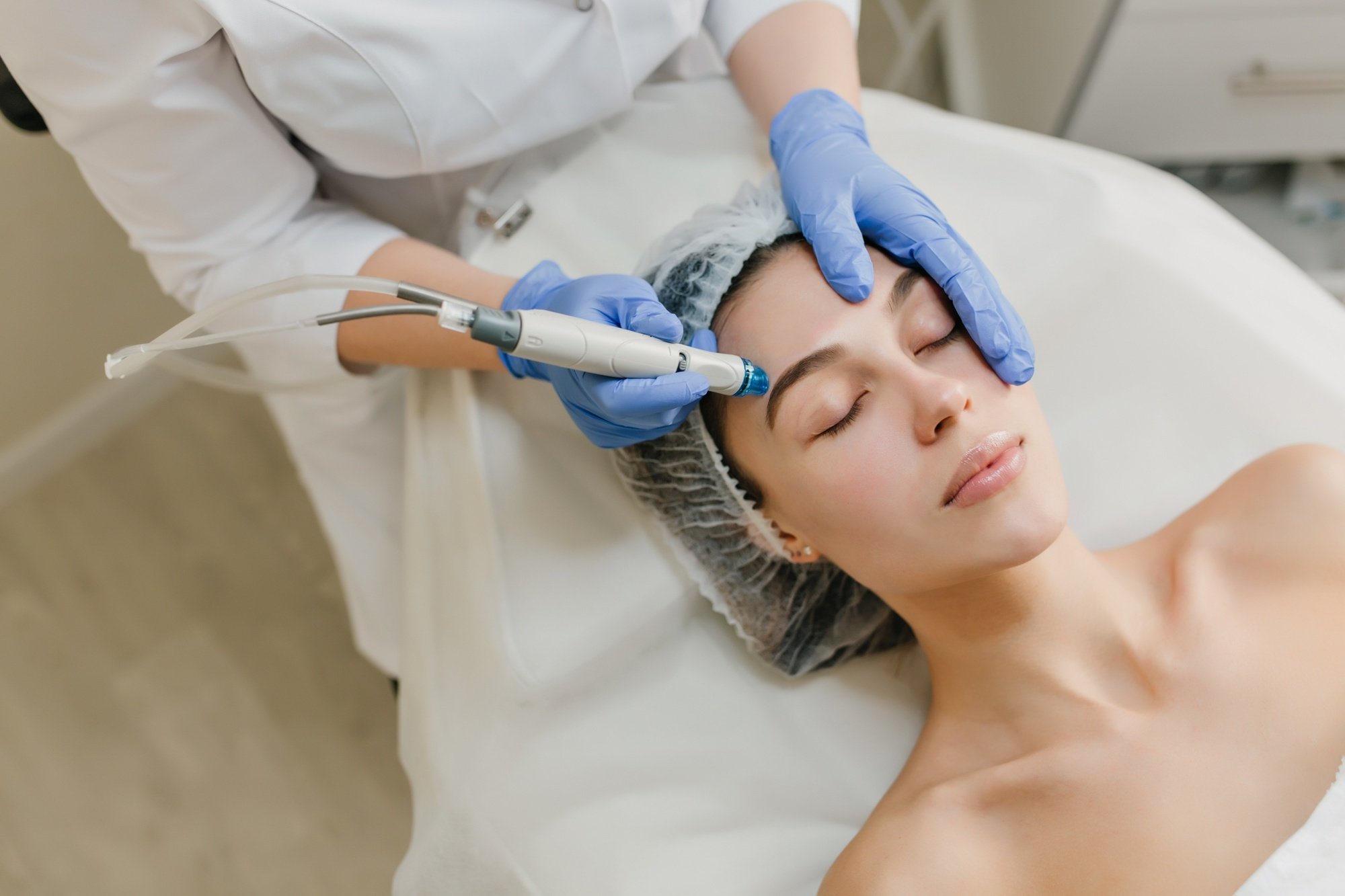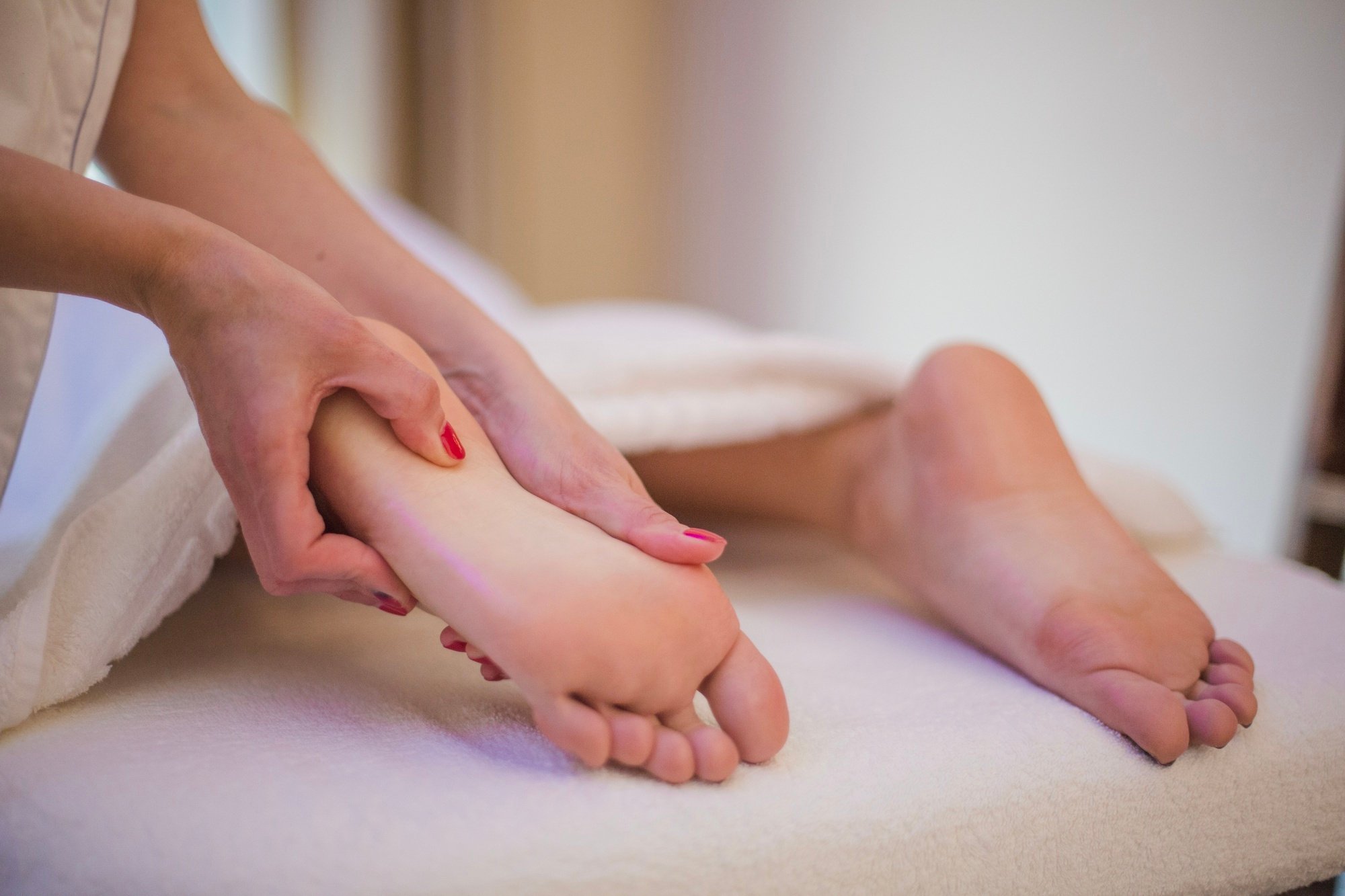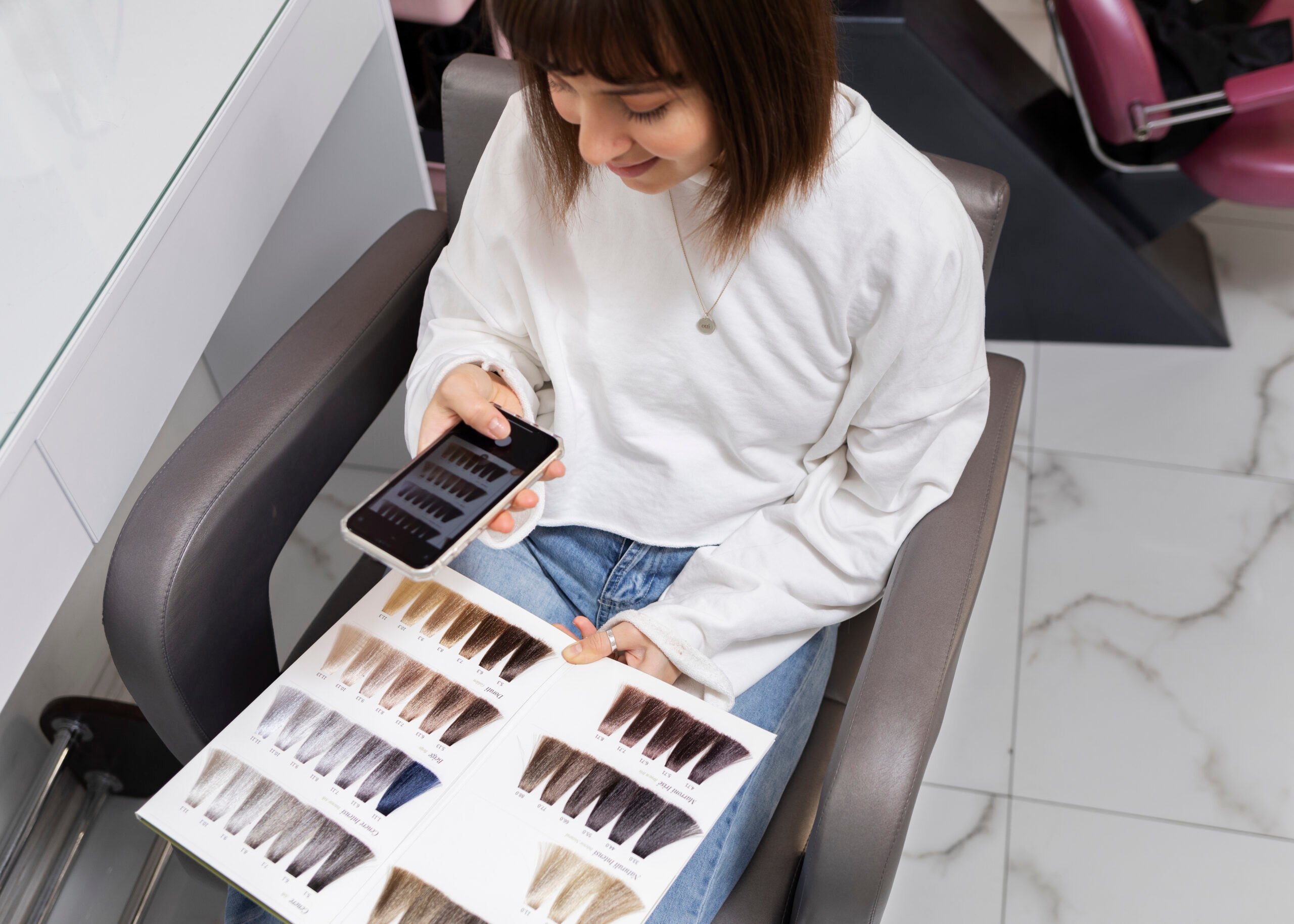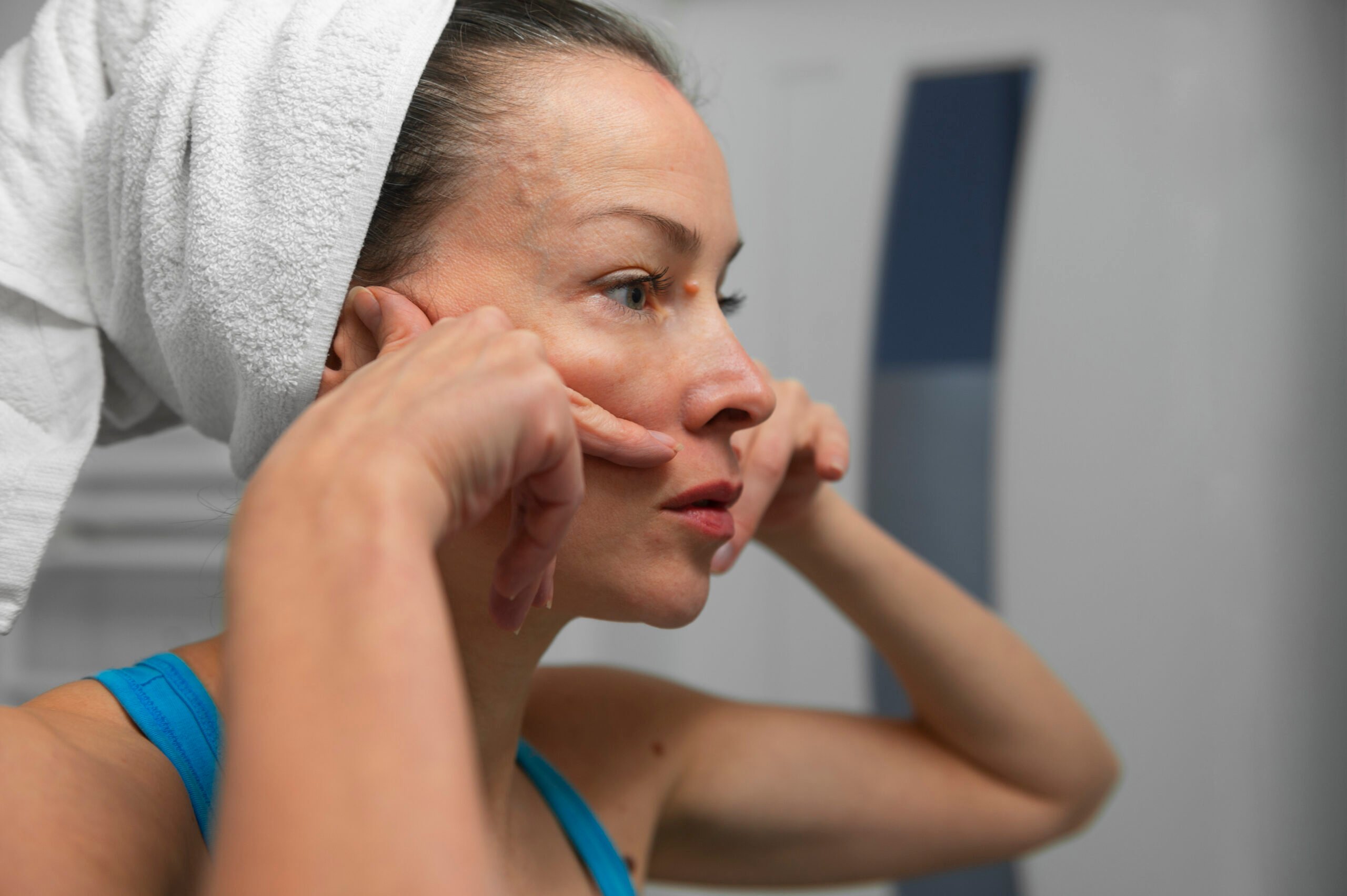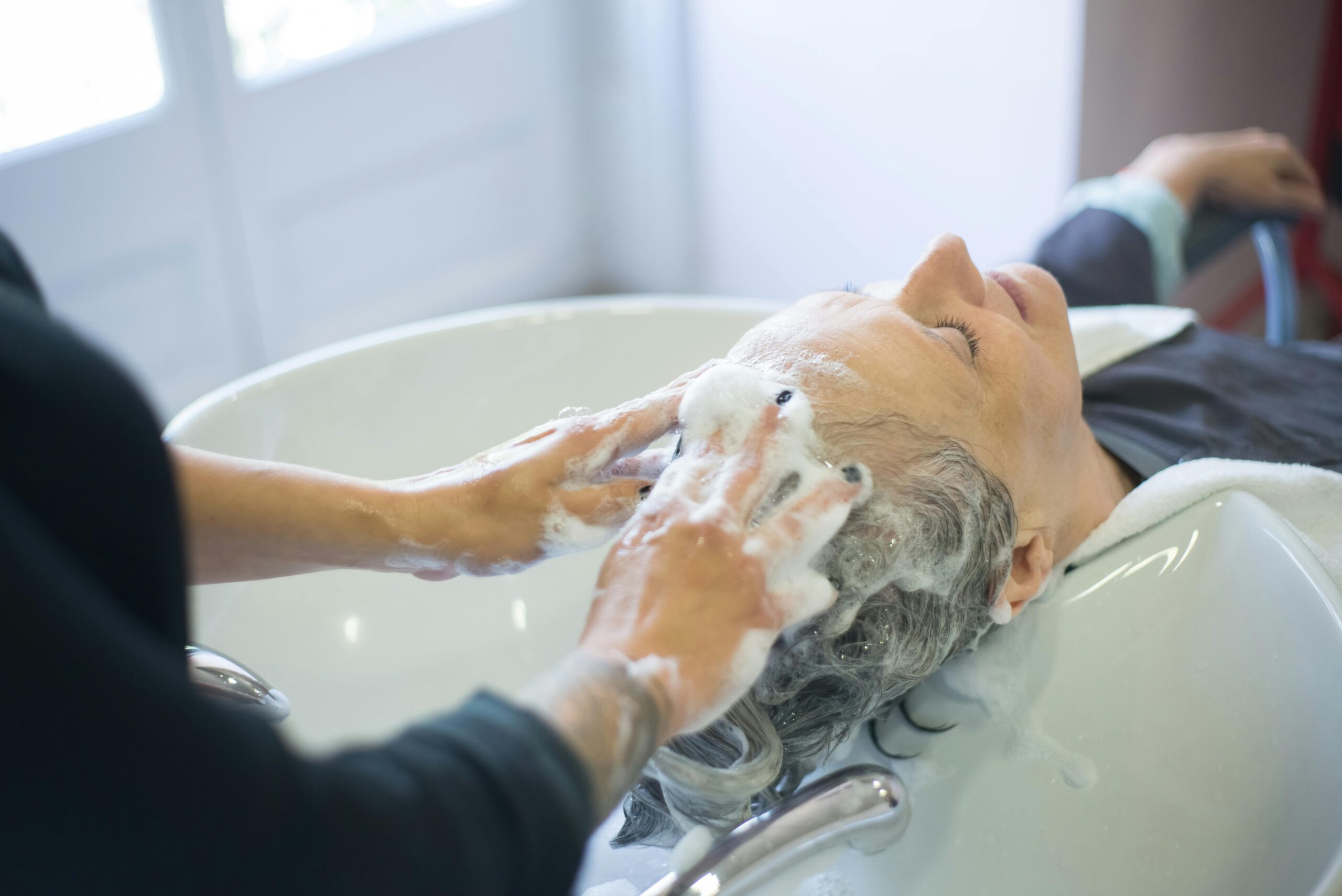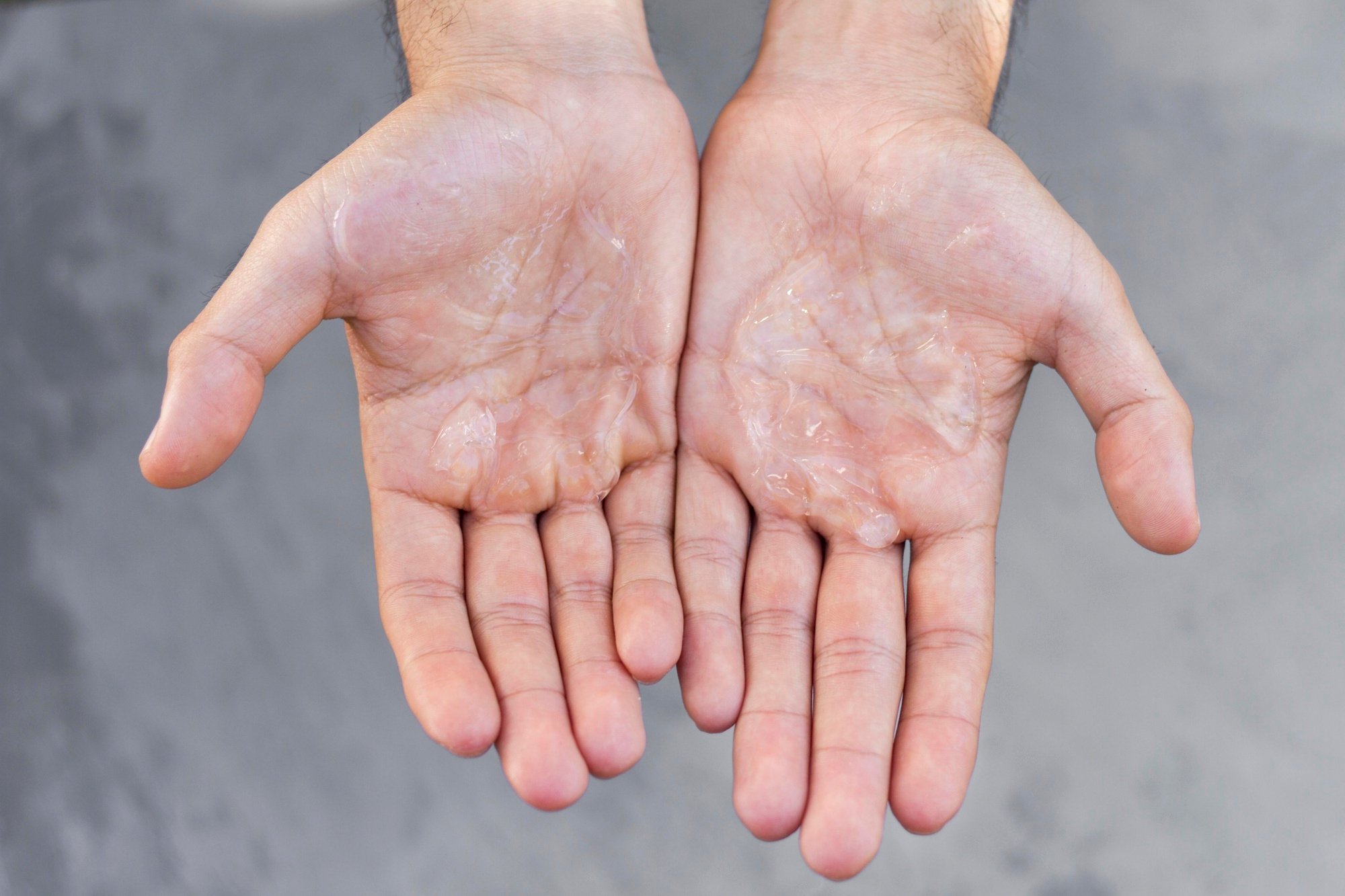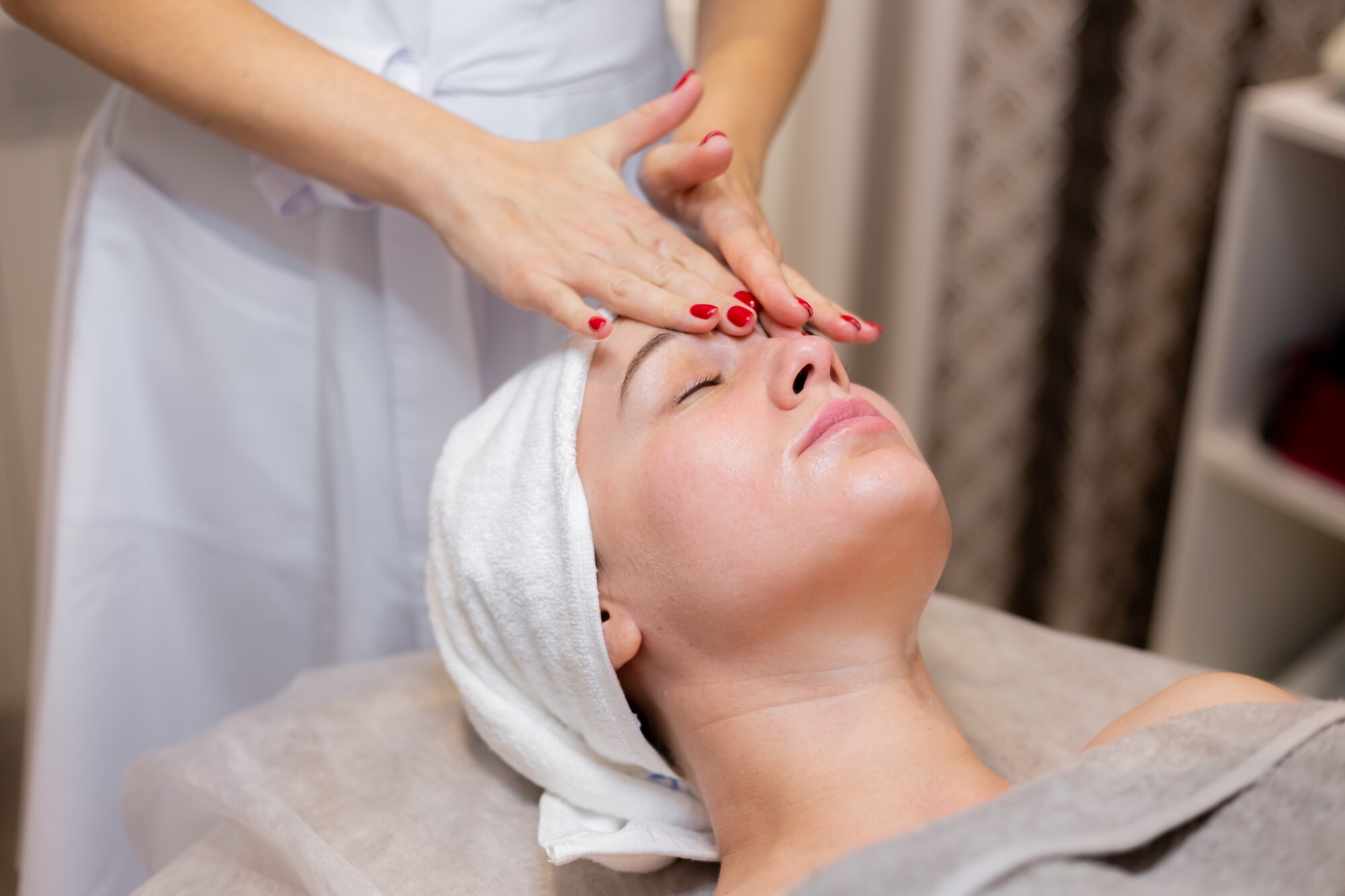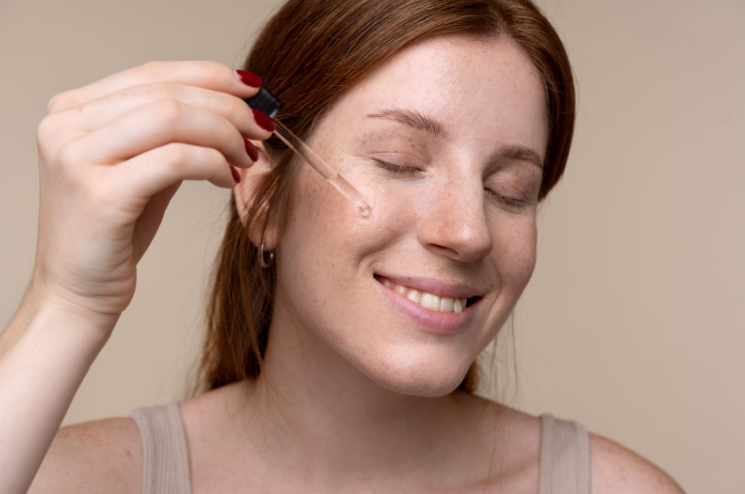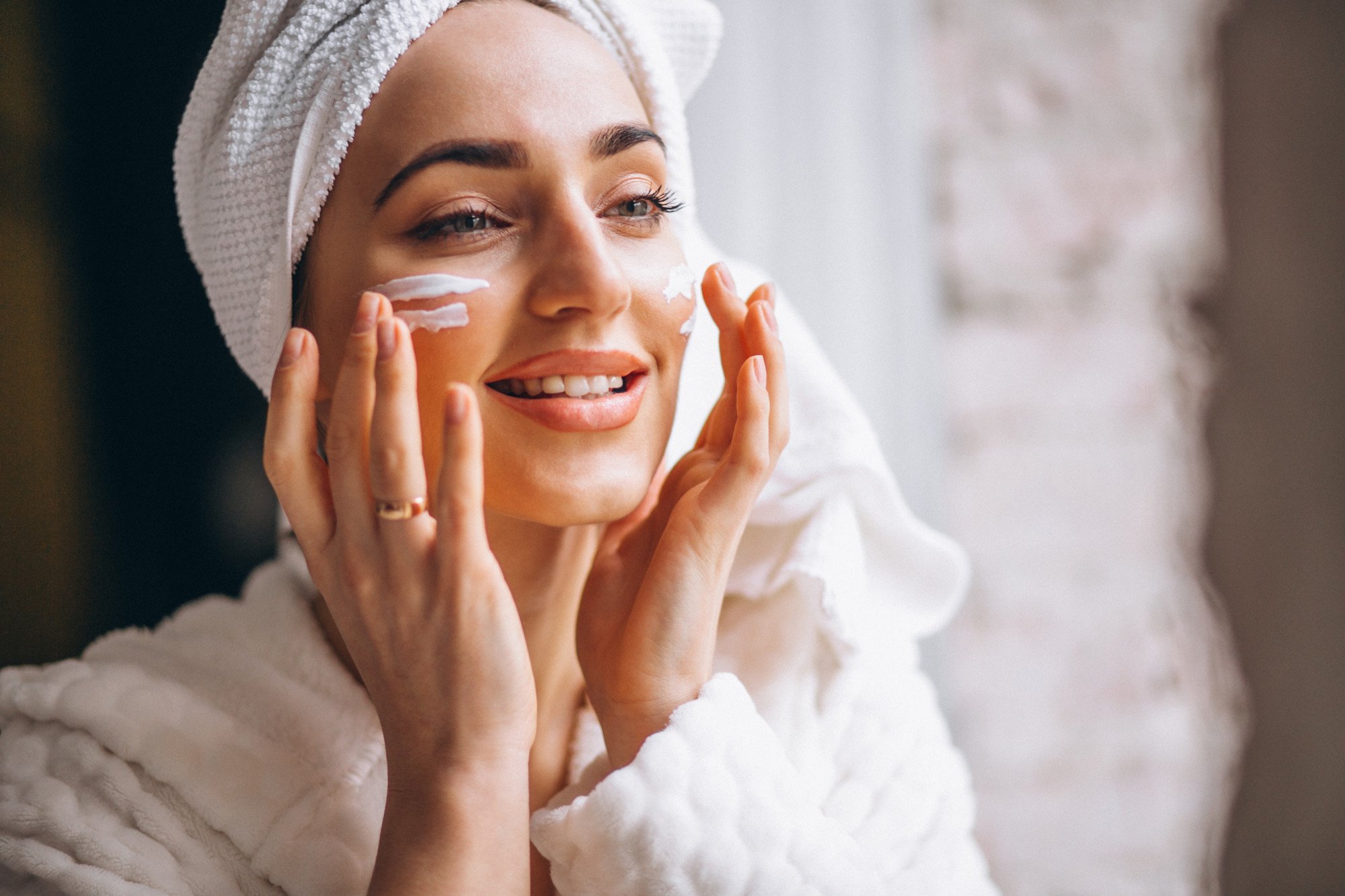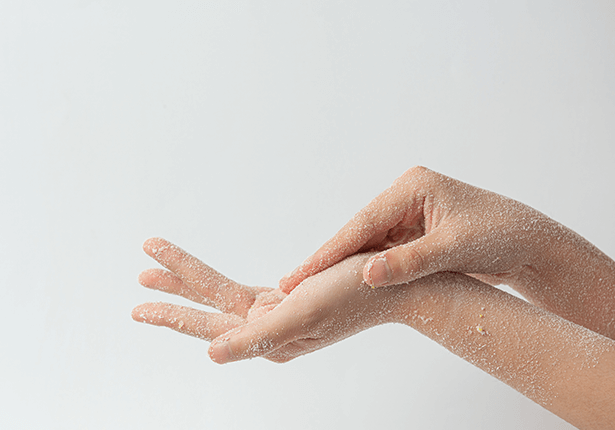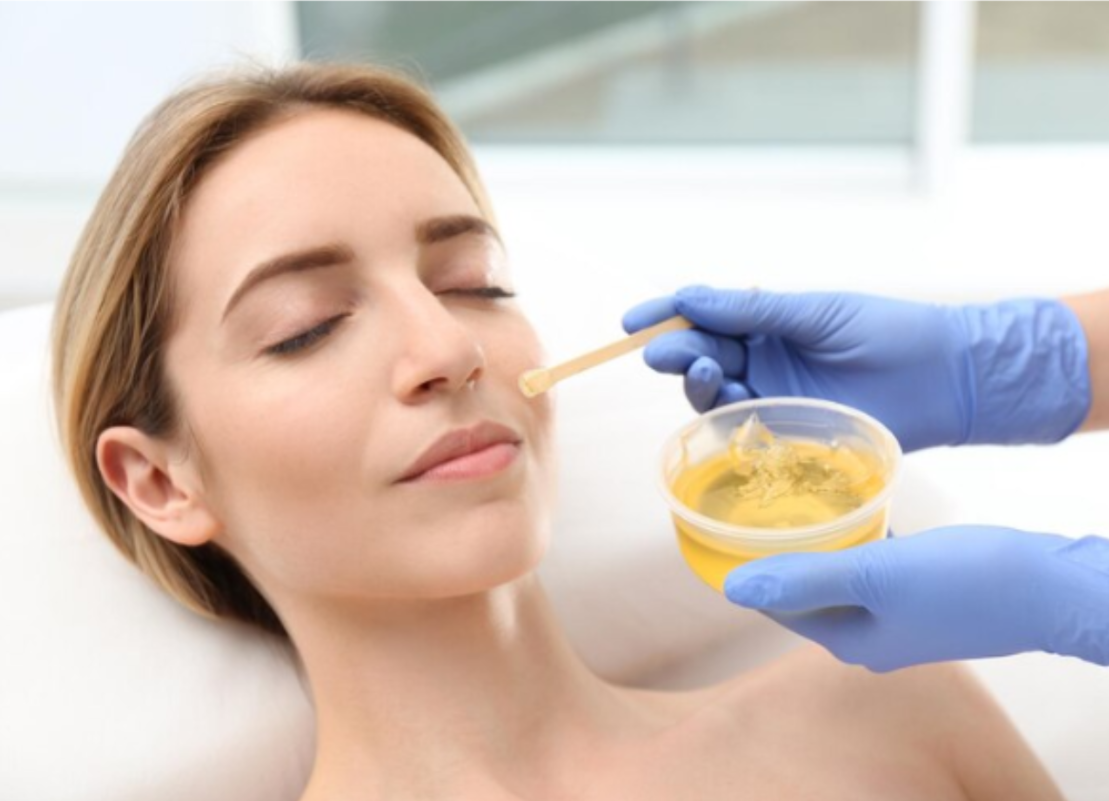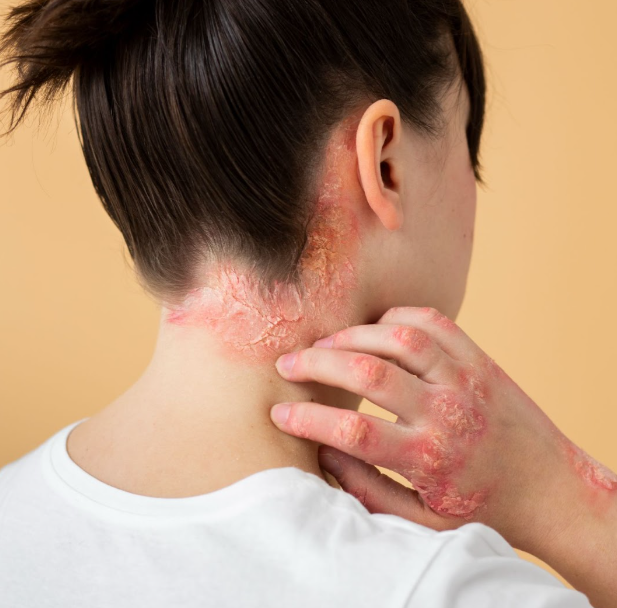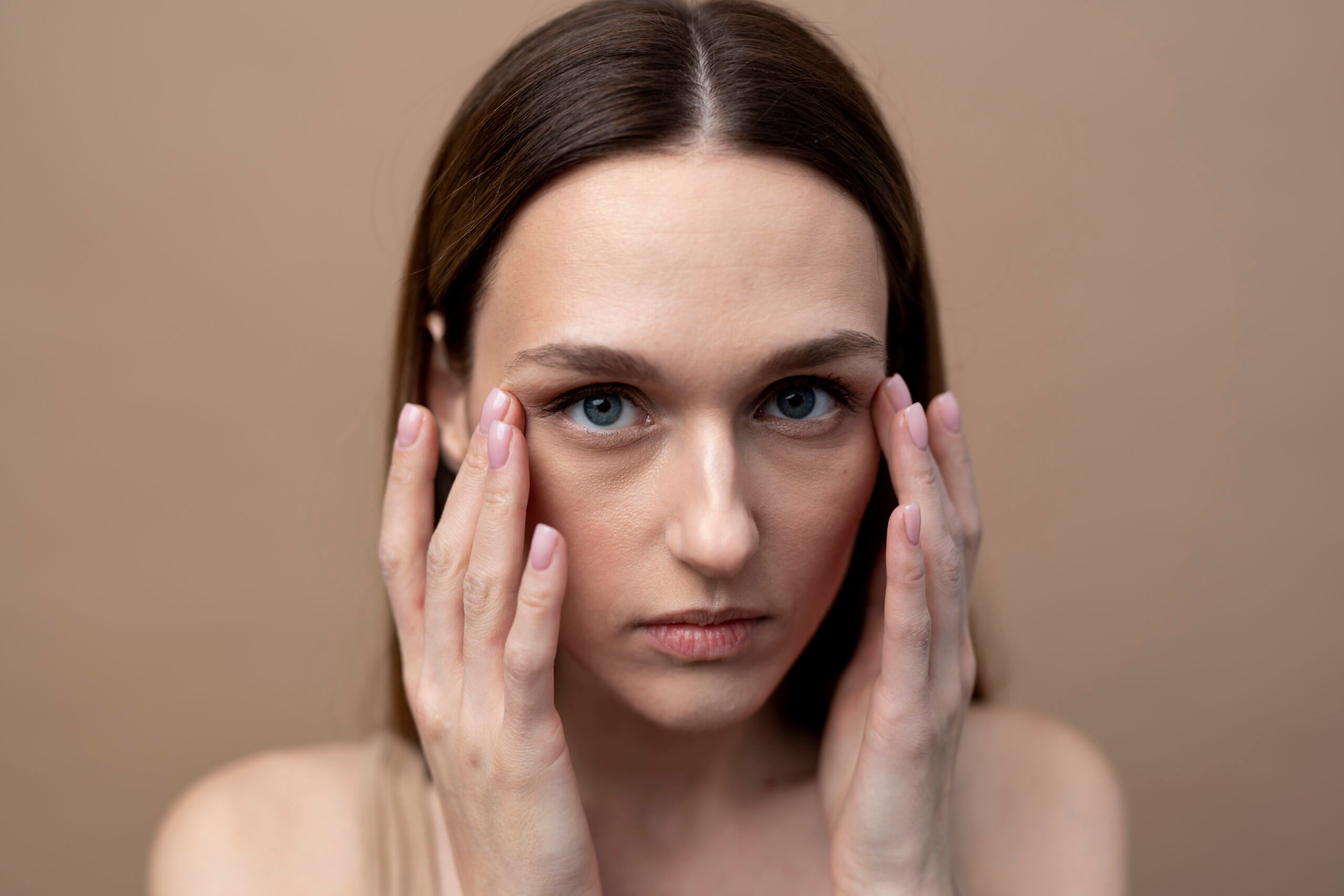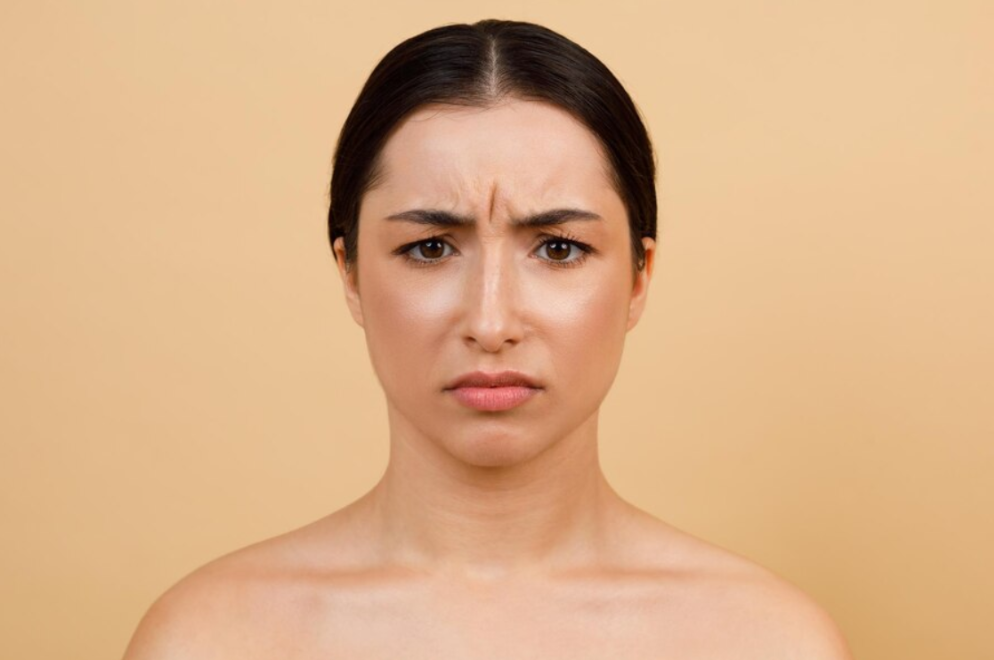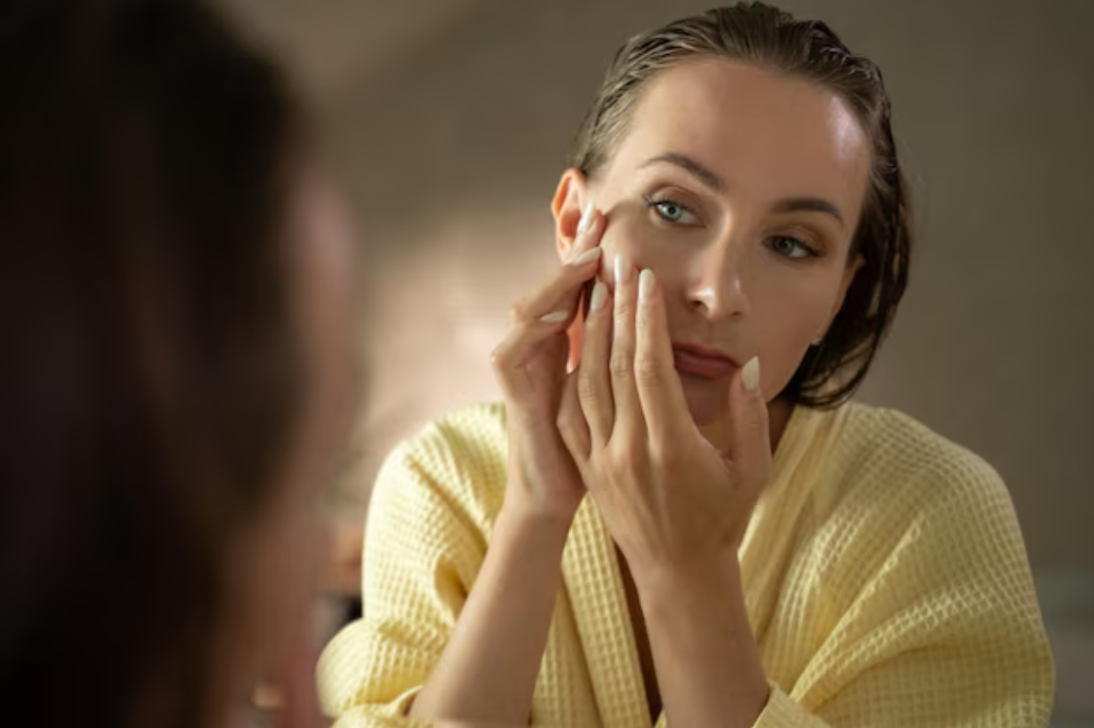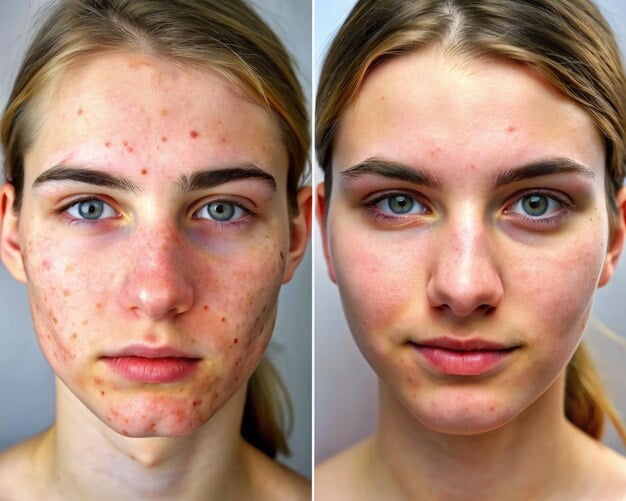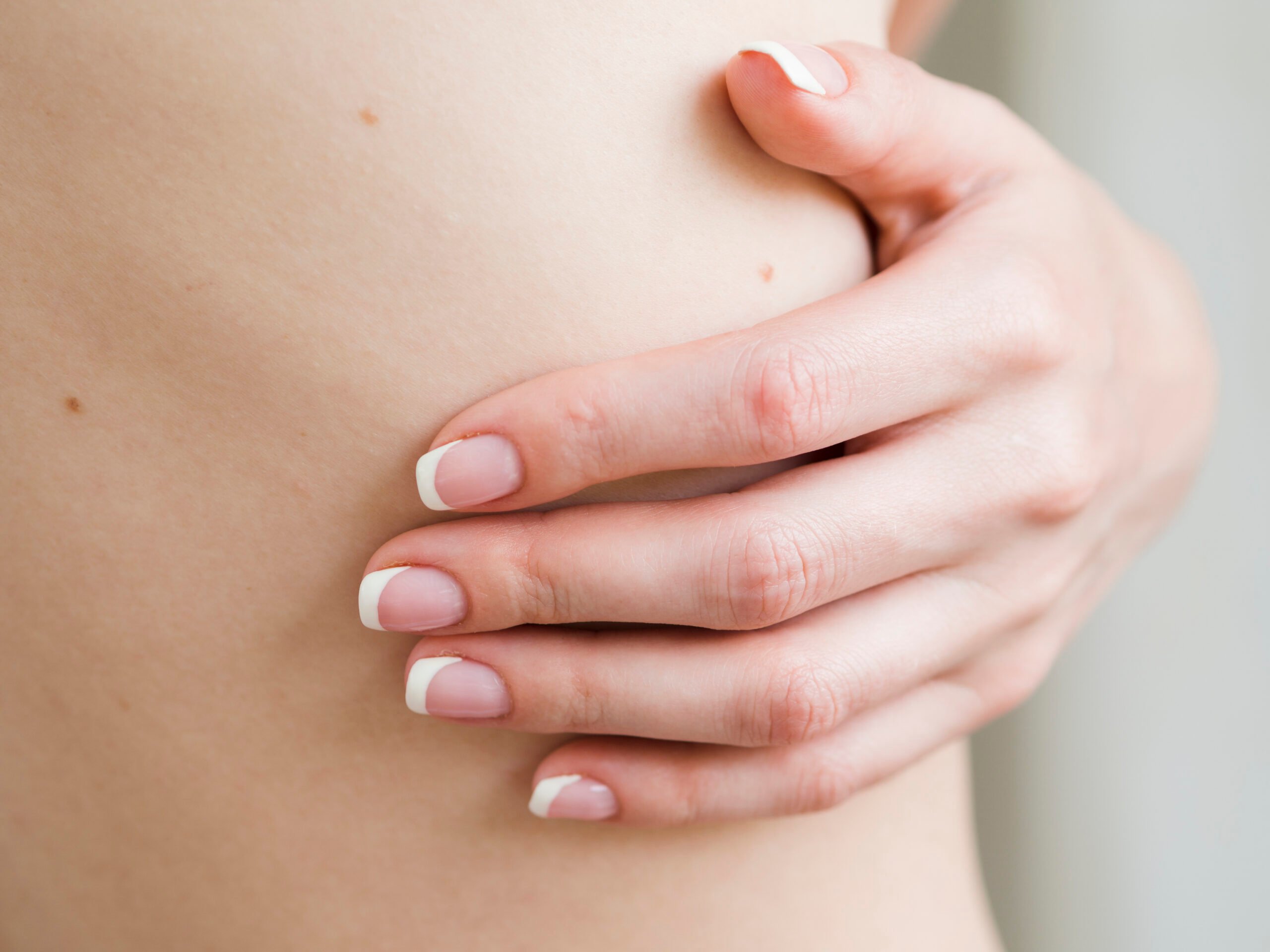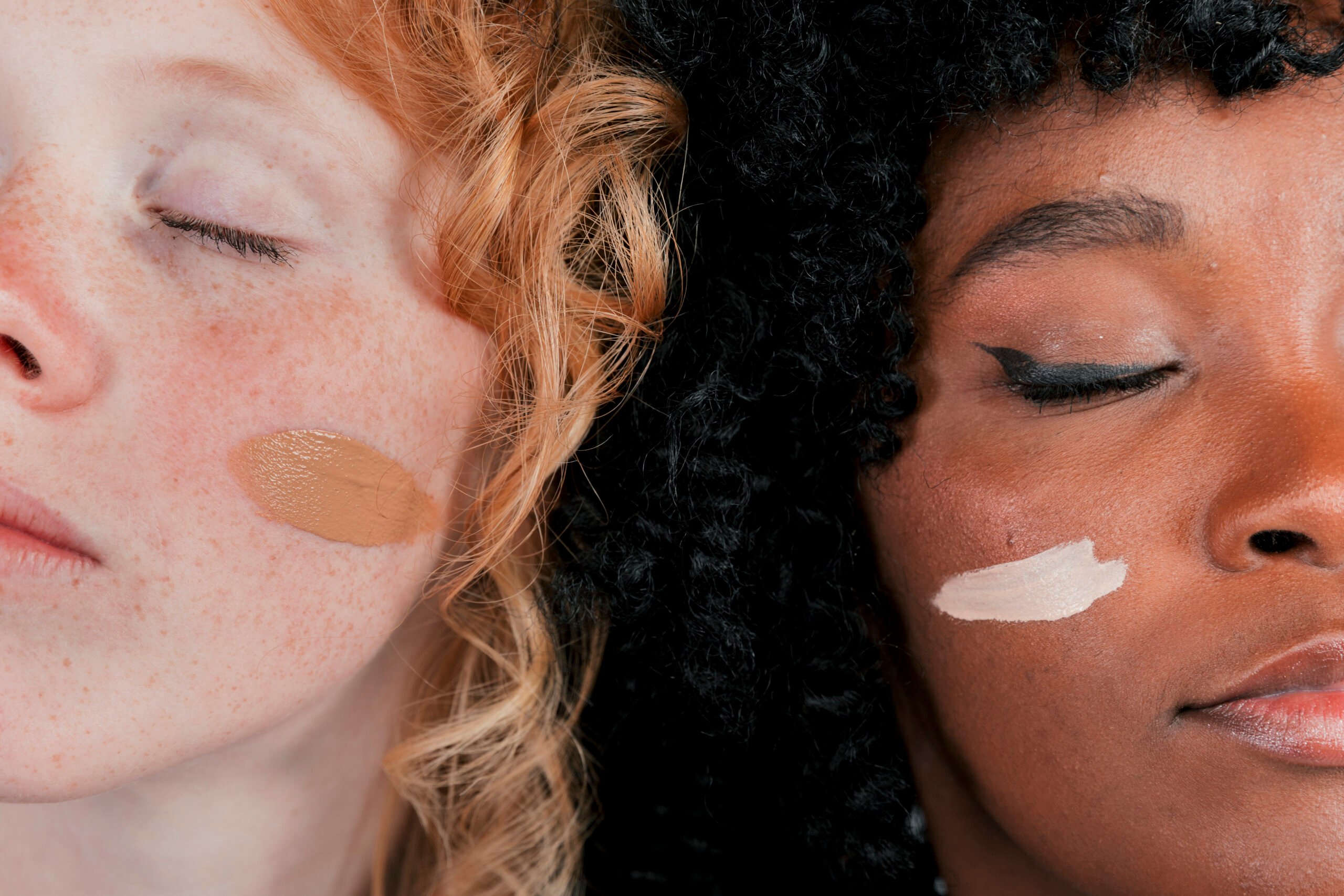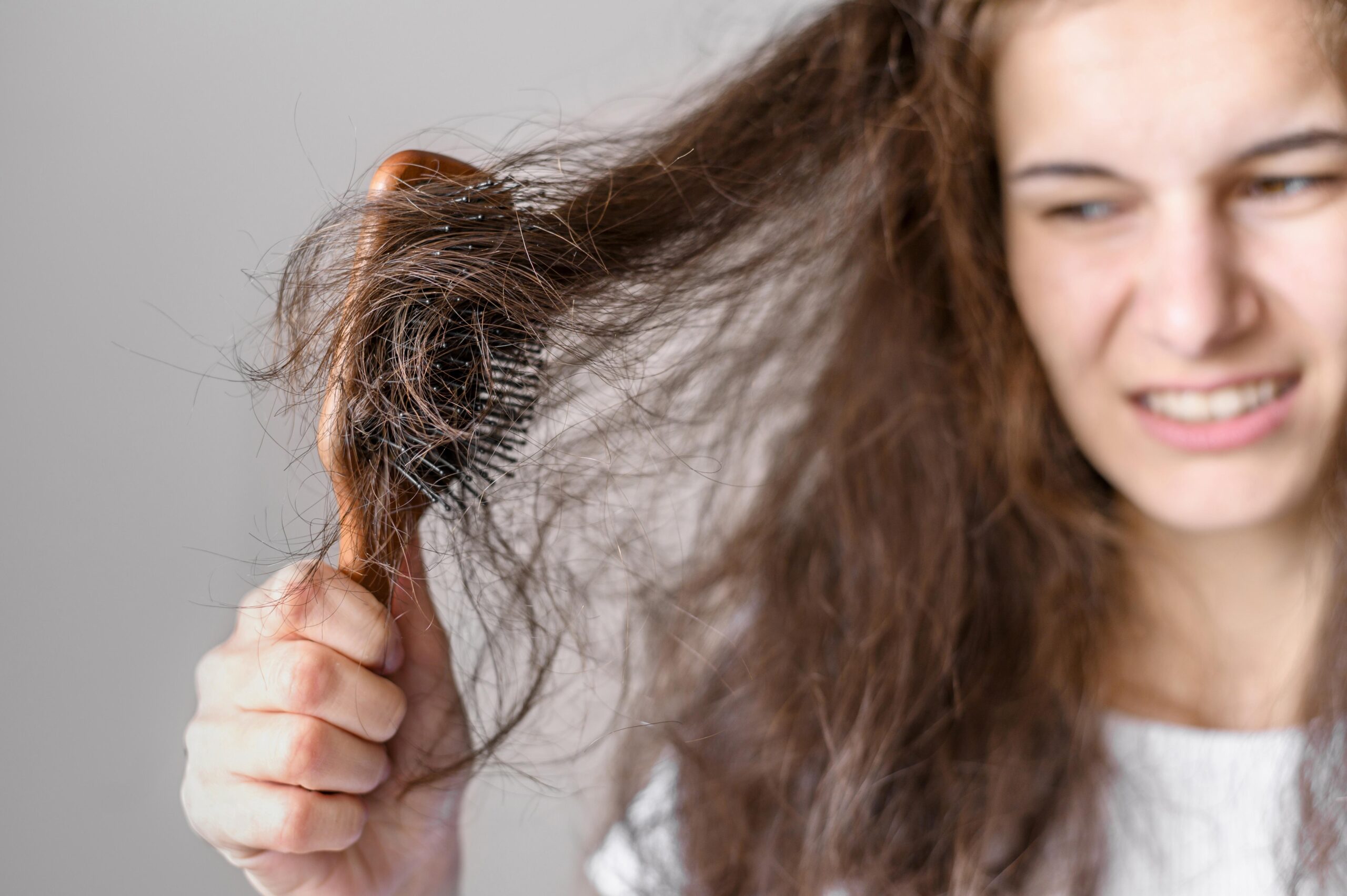Skin
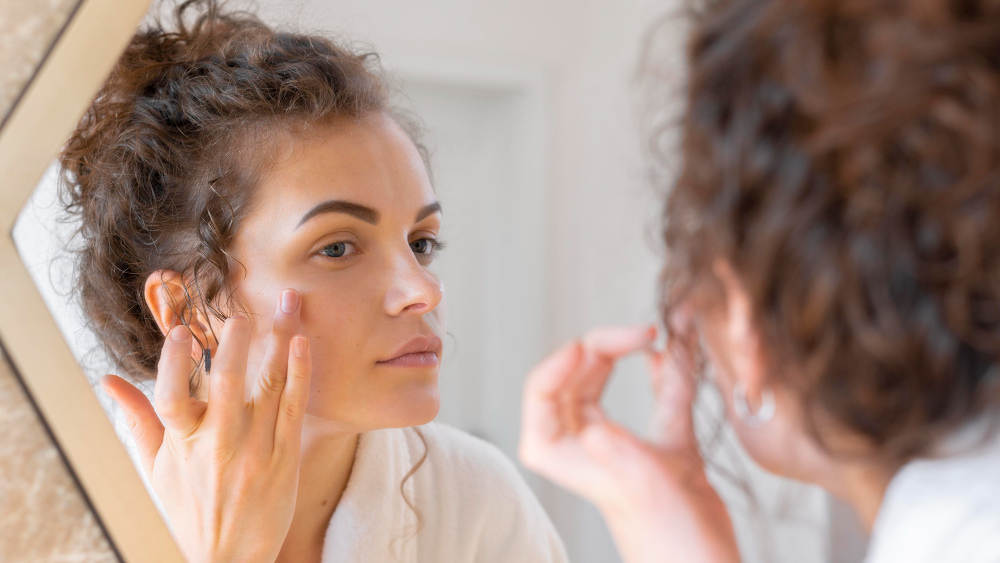
Skin
Skin Discolouration: Causes and Treatments
5 minutes read | 9 Feb 24
Our skin tells a unique story, depicting our health and individuality. But what happens when the colours on this canvas start to change? The skin plays a crucial role in protecting us from external elements. However, various factors can lead to skin issues, and one common concern is skin discolouration. In this blog, our experts will explain what is skin discolouration, its causes, symptoms, and available treatments to help you better understand and manage this condition.
What is Skin discolouration?
Skin discolouration is a broad term that encompasses any change in the natural colour of the skin. This alteration can manifest in various ways, including dark spots, skin patches on your body, or a general uneven tone. While the condition can affect individuals of all skin types and tones, it's crucial to recognise that the causes and severity can vary widely. From harmless pigmentation changes to more serious underlying health issues, understanding the nature of skin discolouration is fundamental to its effective management.
Causes of Skin discolouration
To effectively address skin discolouration, it's essential to identify and understand the root causes. Some common contributors to skin discolouration include:
1. Sun Exposure:
Prolonged exposure to the sun's harmful UV rays is a leading cause of hyperpigmentation and the development of dark spots.
2. Hormonal Changes:
Fluctuations in hormone levels, such as those occurring during pregnancy or menopause, can lead to pigmentation changes.
3. Inflammation:
Skin inflammation resulting from conditions like eczema or psoriasis can cause discolouration.
4. Medications:
Certain medications, including some antibiotics and antimalarial drugs, may induce pigmentation changes as a side effect.
5. Genetic Factors:
Some individuals are genetically predisposed to developing skin discolouration.
6. Age:
Natural ageing processes can contribute to changes in skin colour and the development of discolouration.
Symptoms of Skin discolouration
Recognising the symptoms associated with skin discolouration is pivotal for early detection and intervention.
- Dark Spots or Skin Patches:
Visible areas of skin on your body that are darker than the surrounding skin.
- Redness or Inflammation:
Skin may appear reddish or inflamed, particularly in cases of irritation or infection.
- Uneven Skin Tone:
Generalised or localised unevenness in skin colour.
- Itching or Discomfort:
Some instances of skin discolouration may be accompanied by itching or discomfort.
Treatments for Skin Discolouration
Thankfully, there are a few treatments available to address skin discolouration and restore a more even complexion.
1. Chemical Peels
Chemical Peels are exfoliating treatments that utilise a chemical solution to peel away the outer layer of the skin. This process helps diminish dark spots and improve overall skin texture by promoting the shedding of dead skin cells which can help reduce skin discolouration on your face. The specific chemical used in the peel determines the depth and intensity of the exfoliation, allowing for customisation based on individual skin concerns. This treatment can result in a more radiant and even complexion.
2. Q-Switch Laser
Q-Switch Laser is a targeted laser treatment designed to address pigmentation irregularities and enhance skin tone. The laser emits high-intensity pulses of light that break down excess melanin (pigmentation) in the skin. By selectively targeting the pigmented areas, such as dark spots or sun damage, the Q-Switch Laser helps to even out skin tone. Additionally, the laser stimulates collagen production, promoting skin rejuvenation and a smoother texture. This non-invasive procedure is commonly used for improving the appearance of hyperpigmentation, age spots, and other skin discolourations.
Takeaway
Taking proactive steps to care for your skin and addressing discolouration early on can contribute not only to a healthier complexion but also to a boost in confidence. Remember, each person's skin is unique, and finding the right approach for your circumstances may require professional guidance. Embrace the journey towards healthier skin, and consult with a skincare professional to help you understand which skin discolouration treatment works best for you. Your skin deserves the attention and care that will keep it vibrant and radiant for years to come.
FAQs Around Skin discolouration
1. Can an iron deficiency cause skin discolouration?
Yes, iron deficiency can contribute to skin discolouration. Anaemia, a condition resulting from insufficient iron levels, can lead to a paler complexion. However, while iron deficiency is a potential factor, other causes should also be considered. If you suspect iron deficiency, consult a healthcare professional for proper diagnosis and treatment.
2. Can dry skin cause discolouration?
Yes, dry skin can contribute to skin discolouration. Dehydrated skin may become flaky, itchy, and prone to irritation, potentially leading to redness and darkening of affected areas. Regular use of moisturisers and proper skin care practices can help alleviate dry skin-related discolouration. If dryness persists, consult a dermatologist for personalised skincare advice.
3. How to get rid of sunburn skin discolouration?
To address sunburn-related skin discolouration here are a few things you can do.
- Cool Compress: Apply a cool compress or take a cool bath to soothe sunburned skin.
- Hydration: Drink plenty of water to counter dehydration caused by sun exposure.
- Aloe Vera Gel: Apply aloe vera gel to reduce inflammation and promote healing.
- Over-the-counter creams: Use creams with ingredients like hydrocortisone to reduce redness.
- Avoid Sun Exposure: Prevent further damage by protecting the skin from additional sun exposure.
Consult a healthcare professional or dermatologist if discolouration persists or is accompanied by severe symptoms.
4. What vitamin deficiency causes skin discolouration?
Vitamin deficiencies, especially B vitamins and vitamin D, can contribute to skin discolouration. Deficiencies affect overall skin health and pigmentation. If necessary, a balanced diet and supplements can help address vitamin deficiencies. Consult with a healthcare professional for personalised advice.
5. How to treat melasma skin discolouration?
Treating melasma involves a combination of approaches:
- Topical Treatments: Use prescription creams containing hydroquinone, retinoids, or vitamin C.
- Chemical Peels: Exfoliate the skin to reduce dark spots and improve texture.
- Laser Therapy: Targeted lasers can break down pigmentation.
- Sun Protection: Use sunscreen to prevent further pigmentation.
6. Is skin discolouration serious?
Skin discolouration on your face and body can result from various causes, and its seriousness depends on the underlying issue. In some cases, it may be harmless, while in others, it could indicate an underlying health condition. Consult with a healthcare professional or dermatologist for an accurate diagnosis and appropriate treatment, especially if discolouration is persistent, spreading, or accompanied by other concerning symptoms. Early intervention can prevent potential complications.
Related categories
Get a complimentary consultation today. Book now
























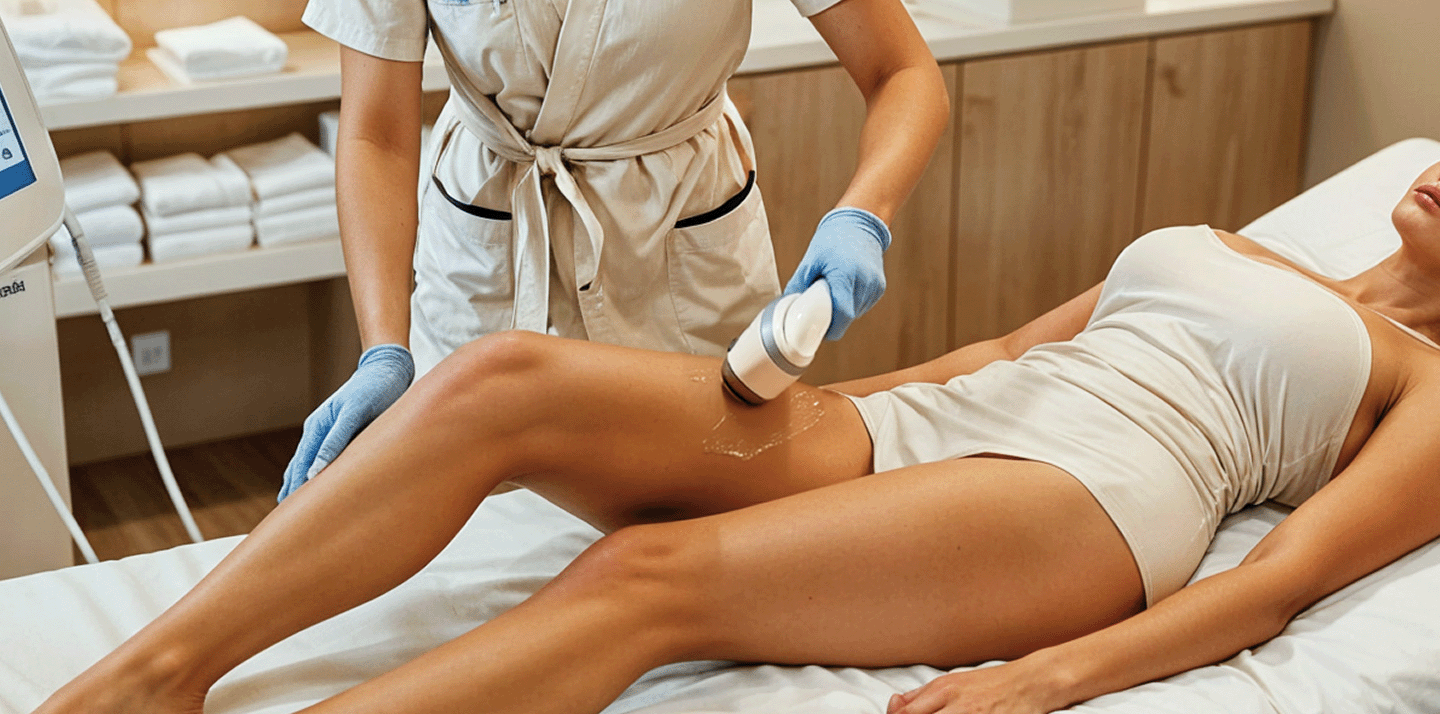














.png)

























-1.png)

